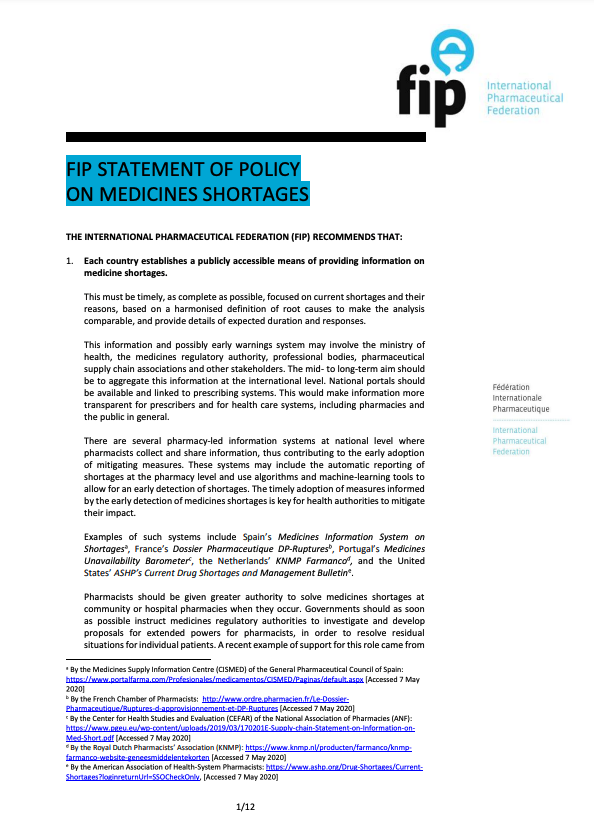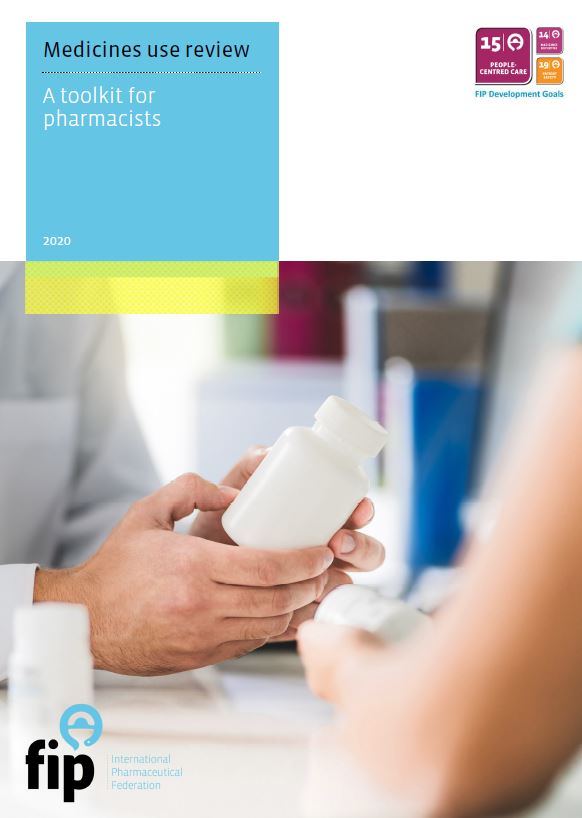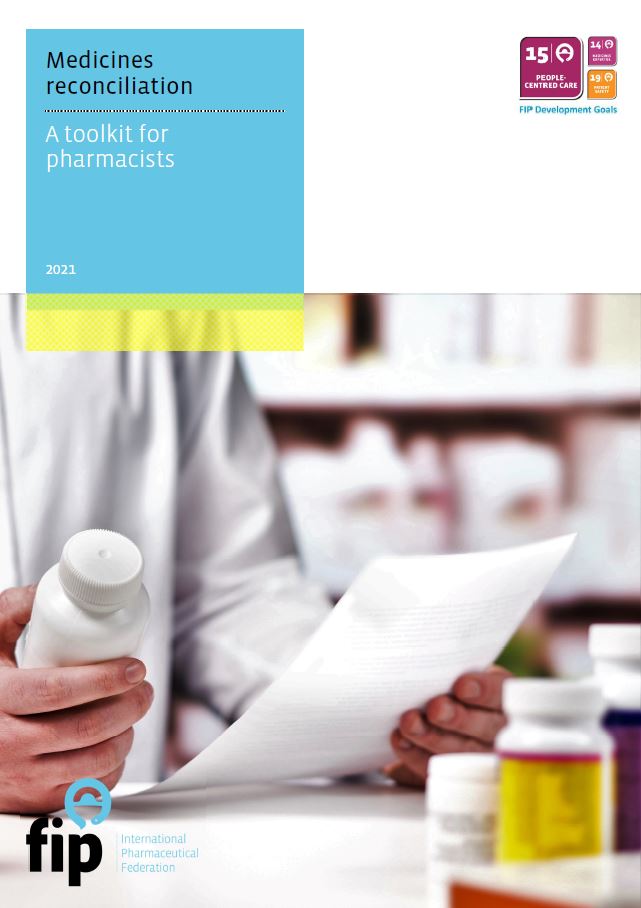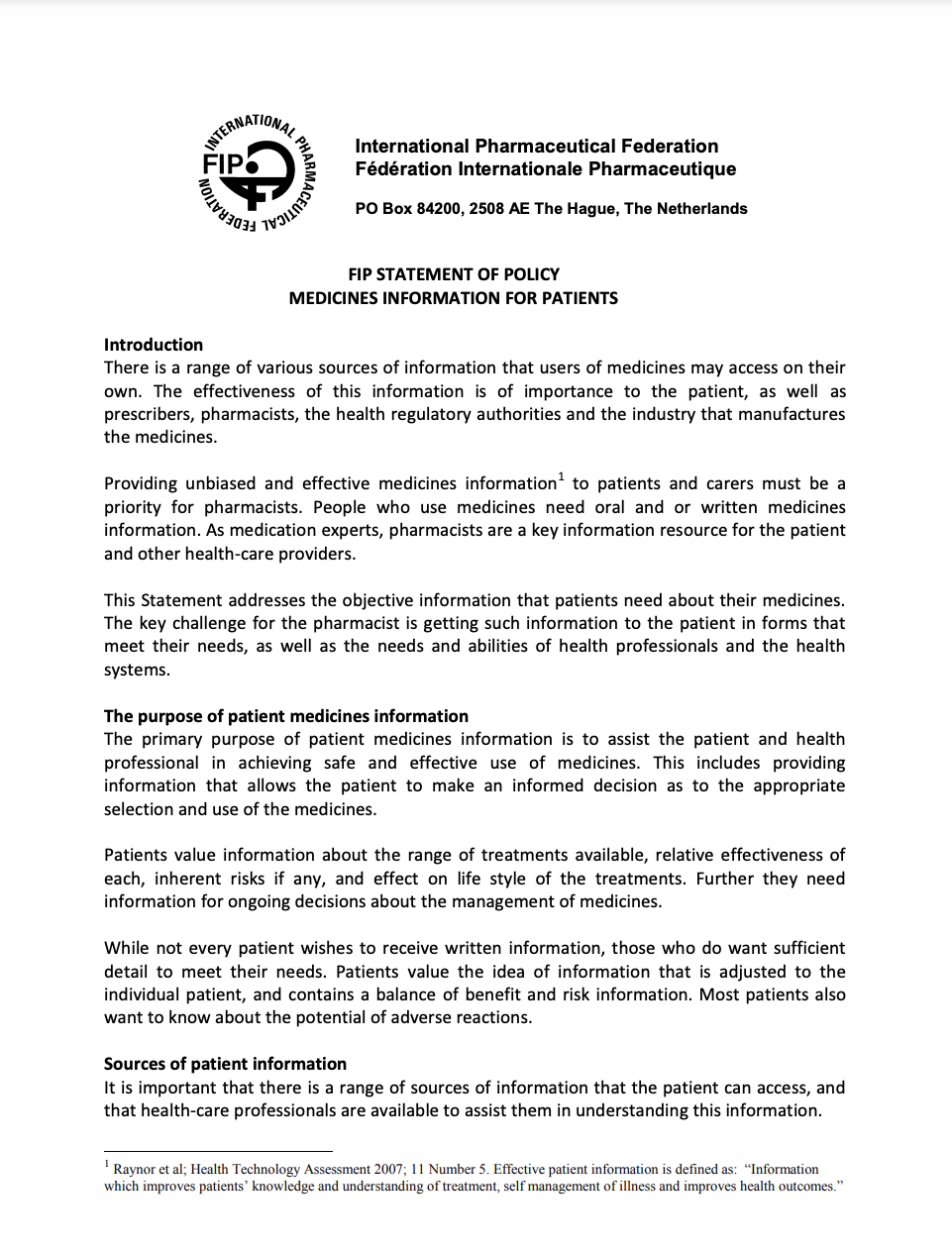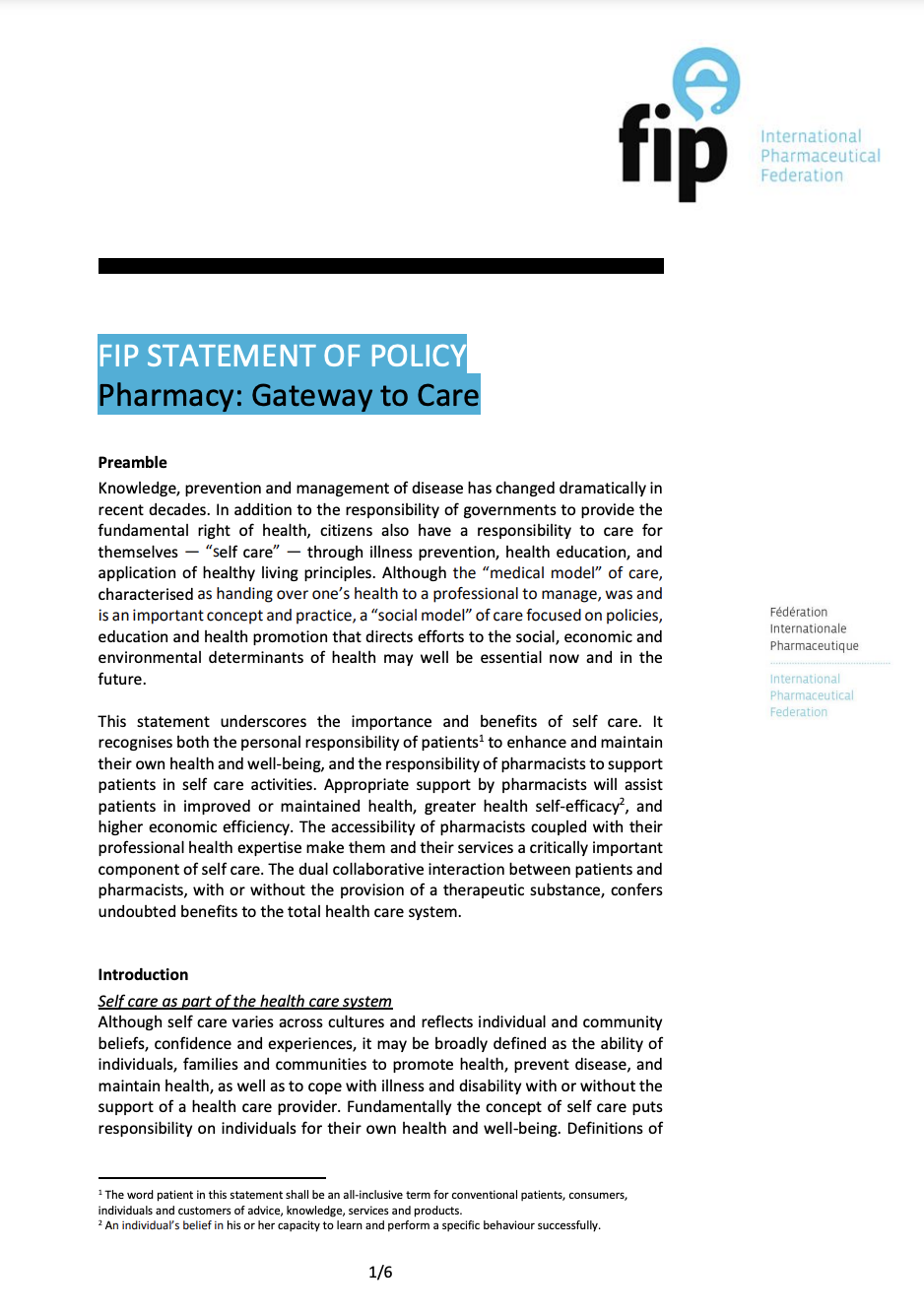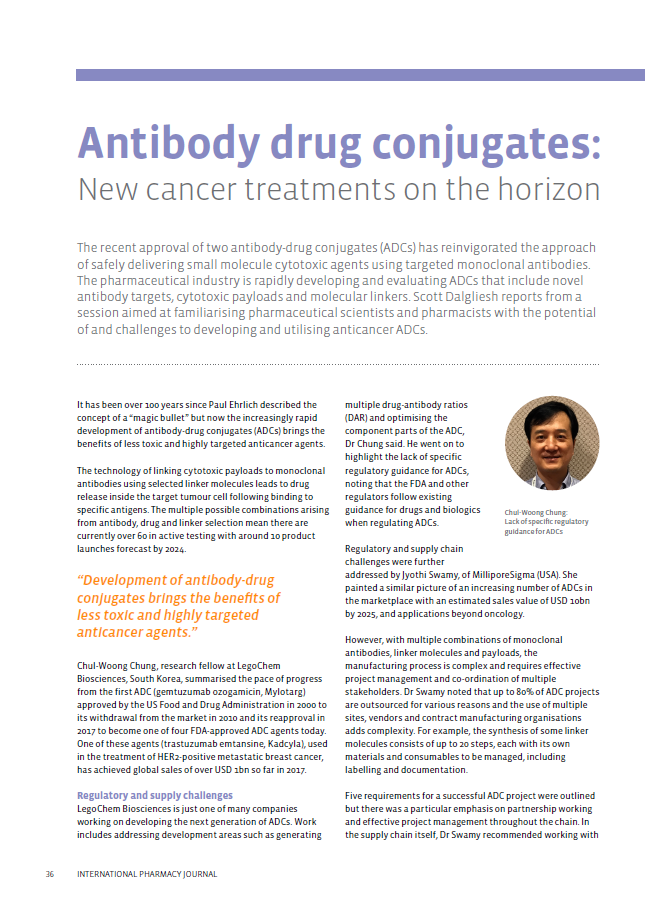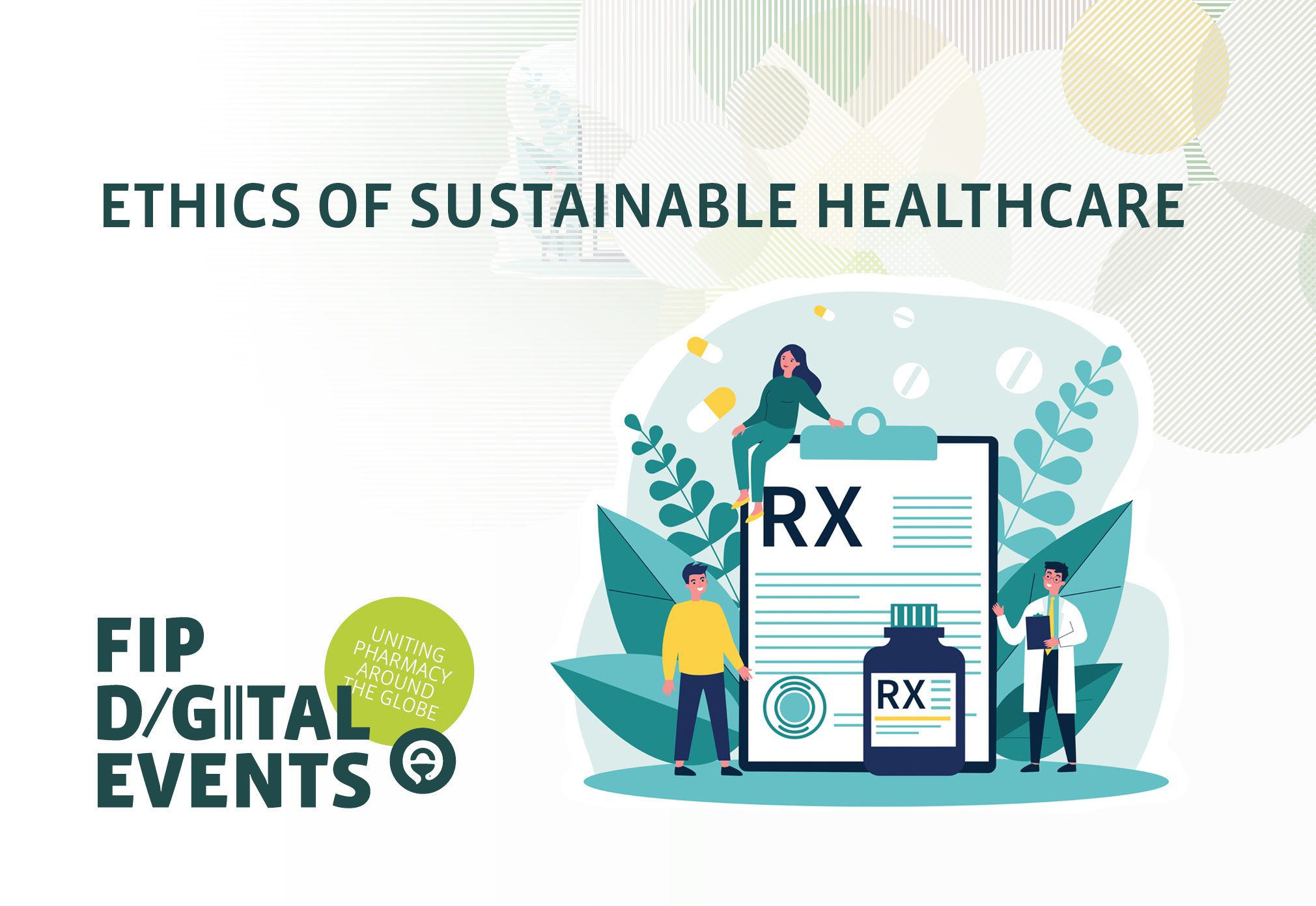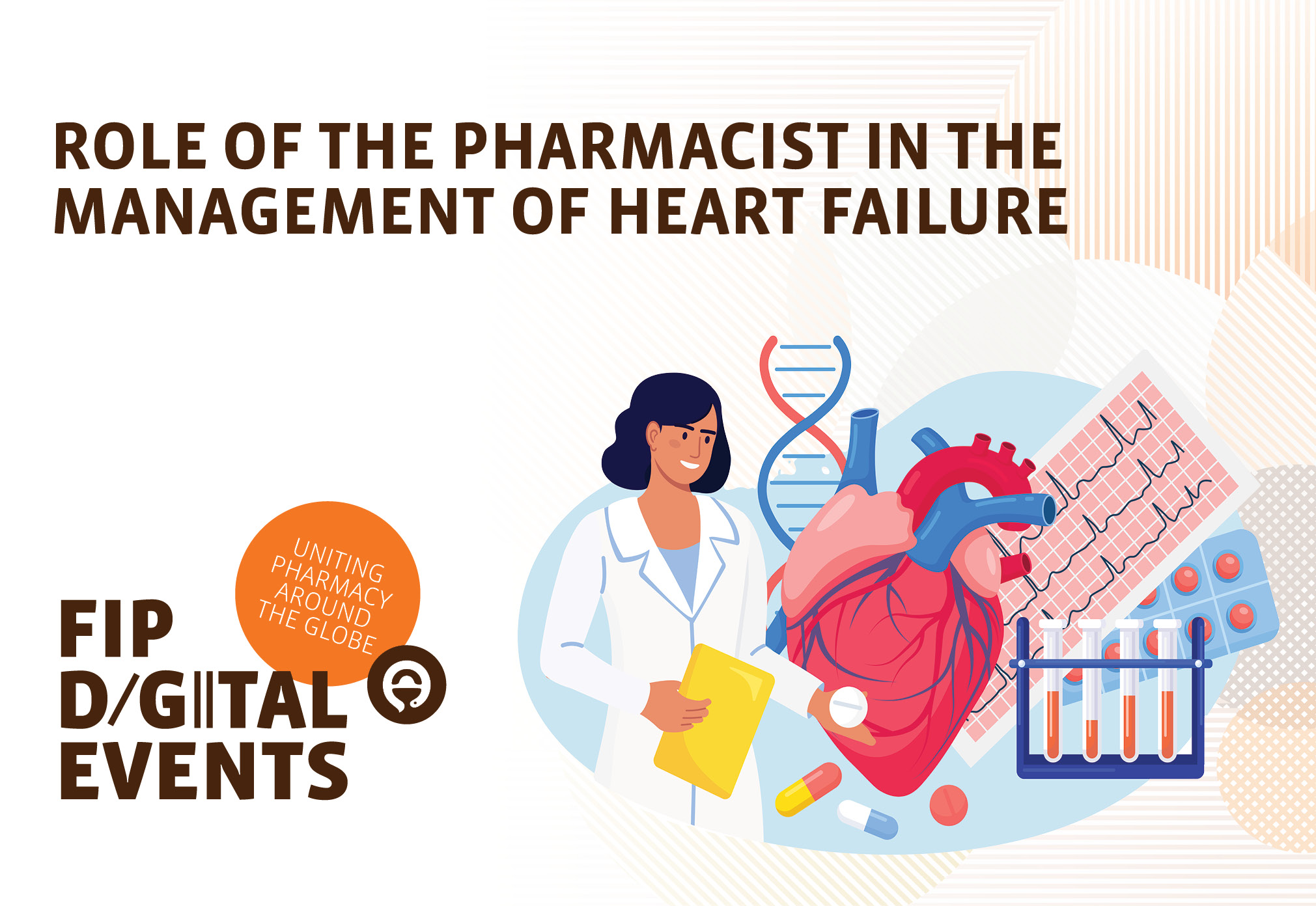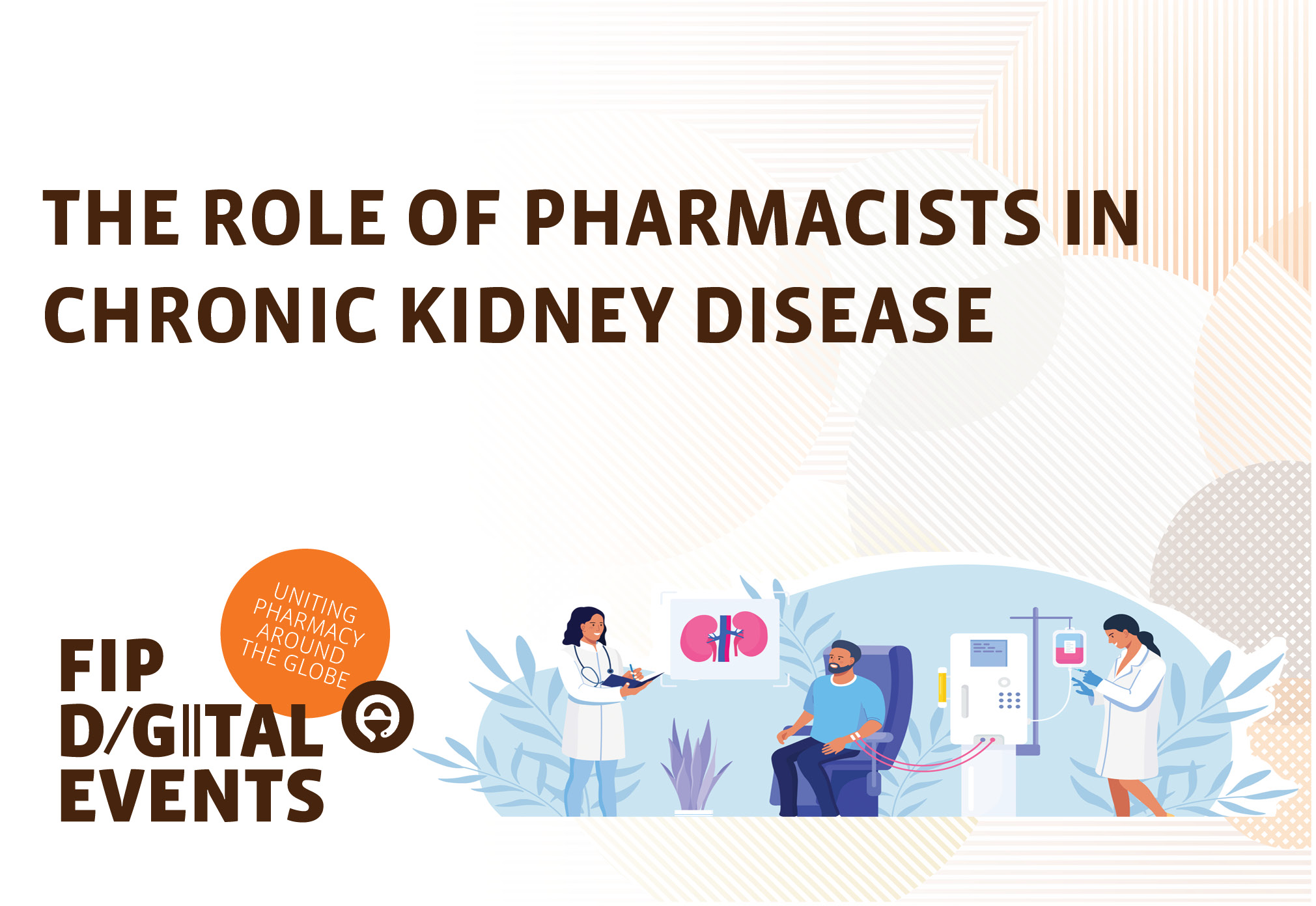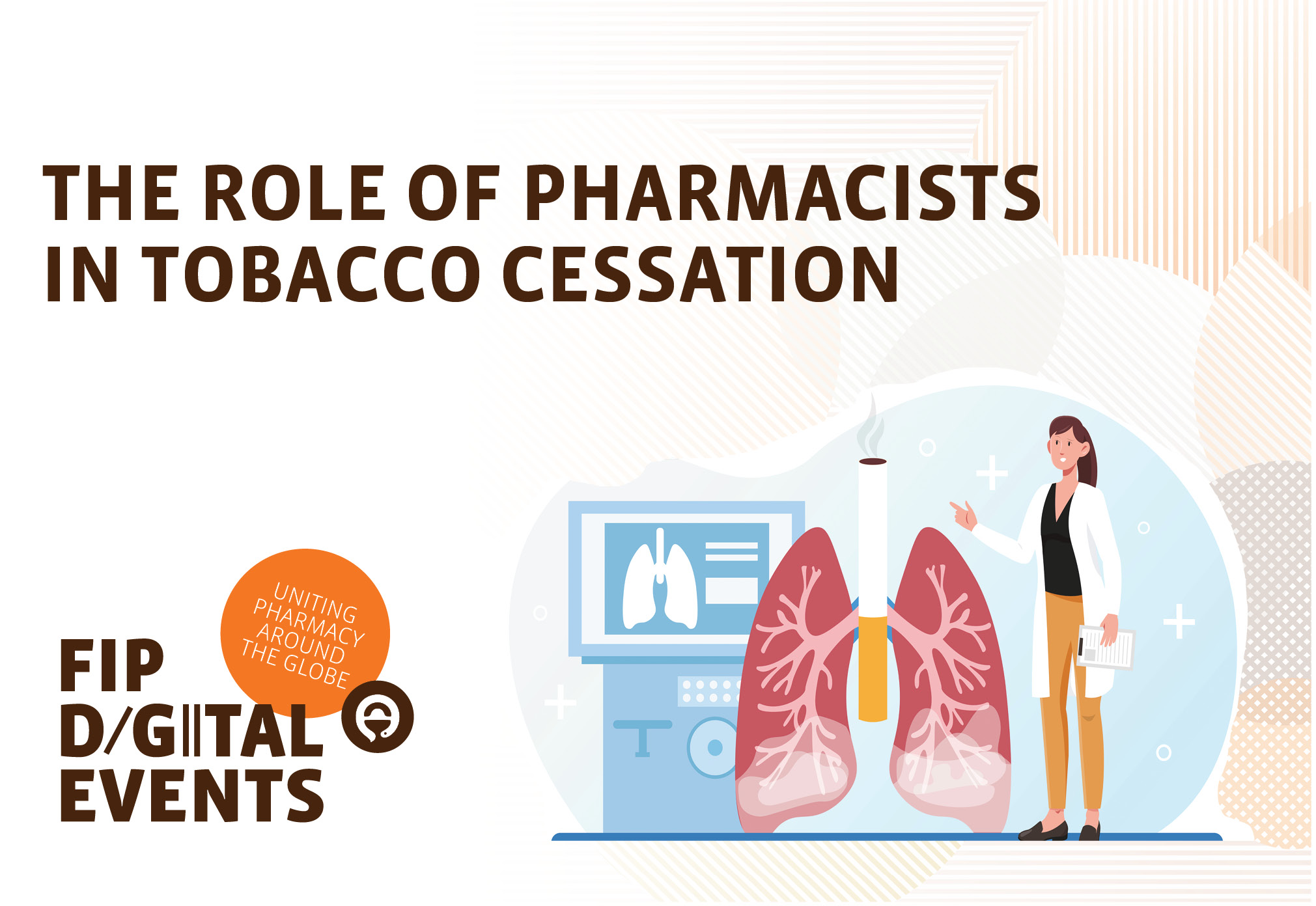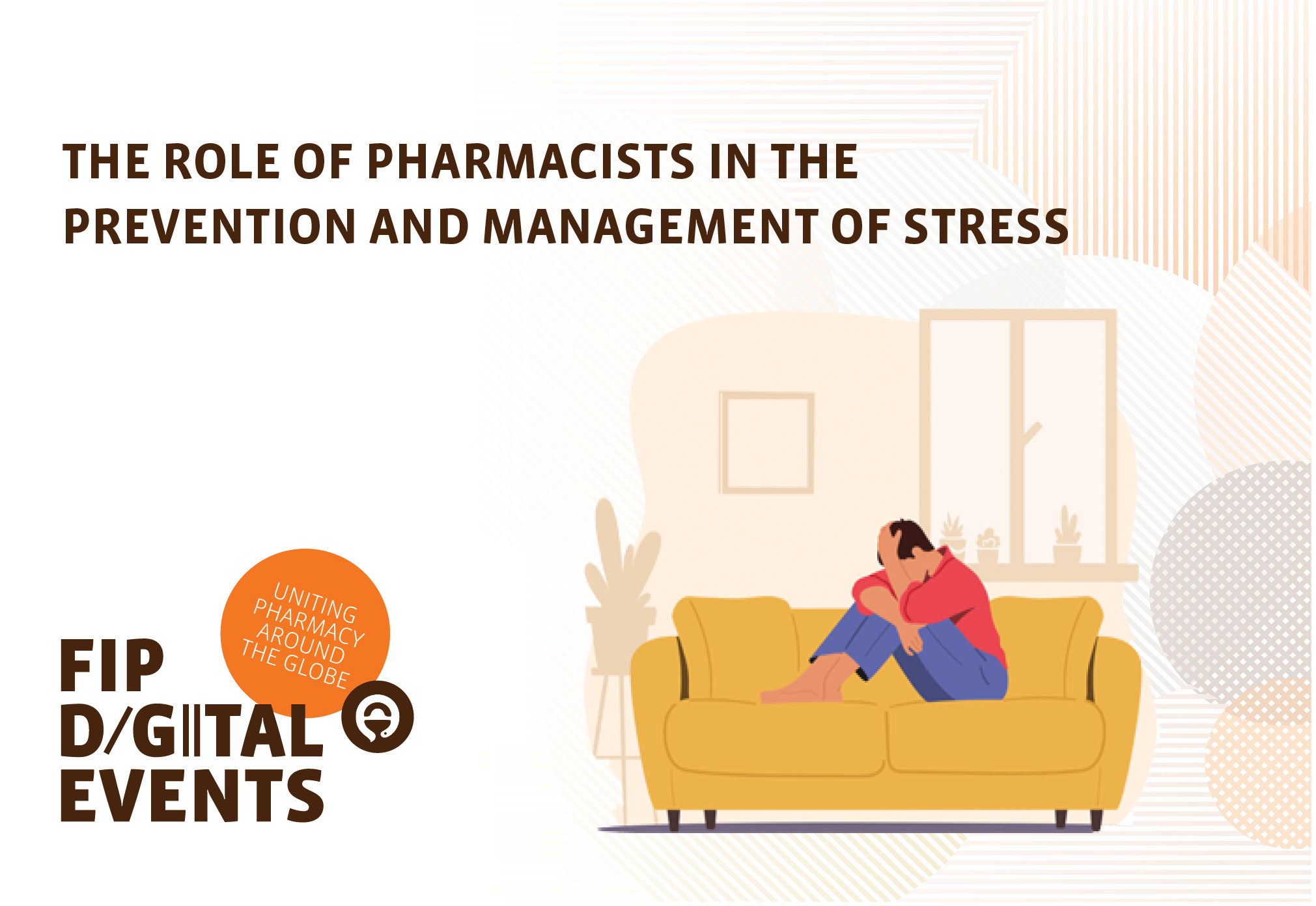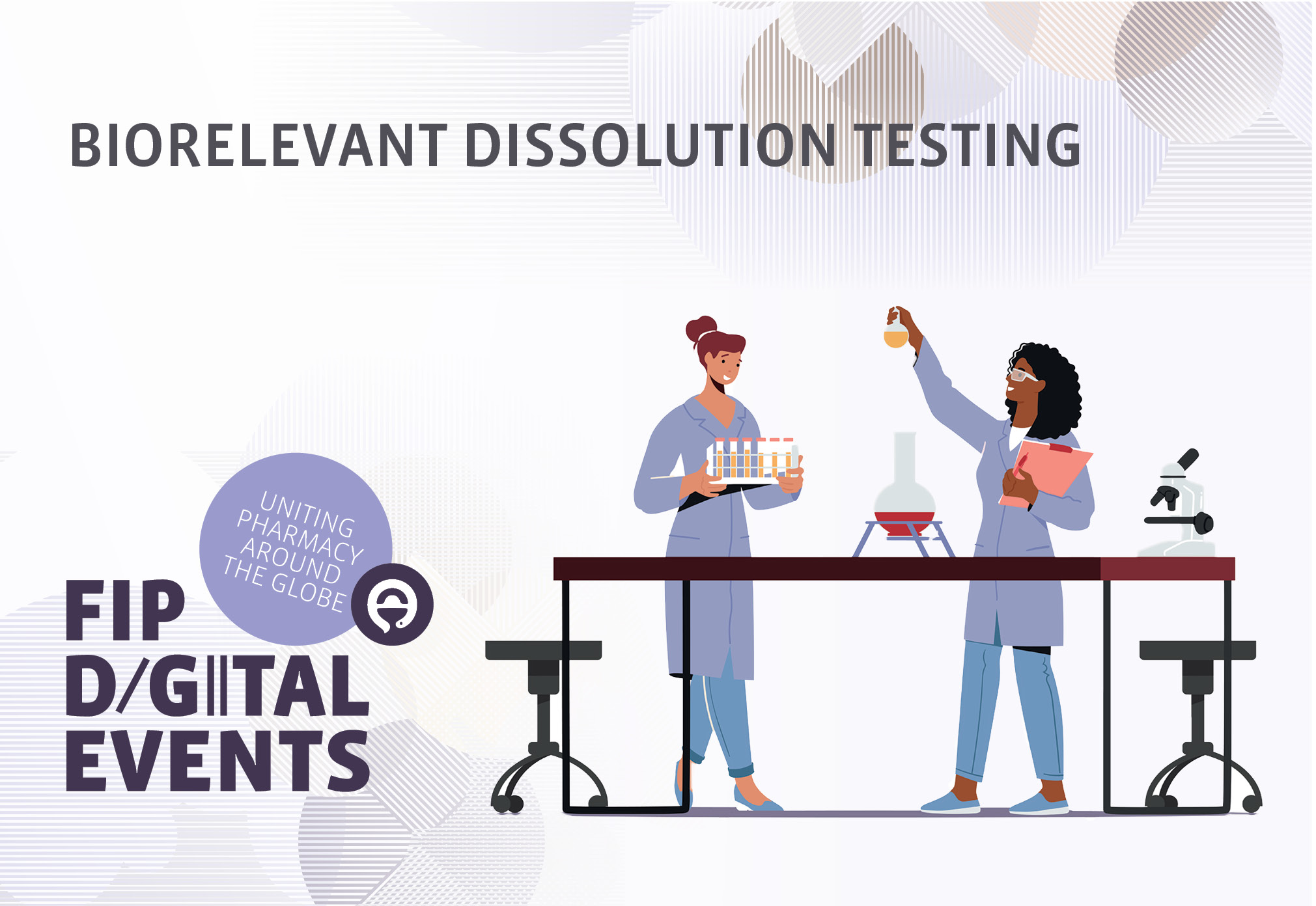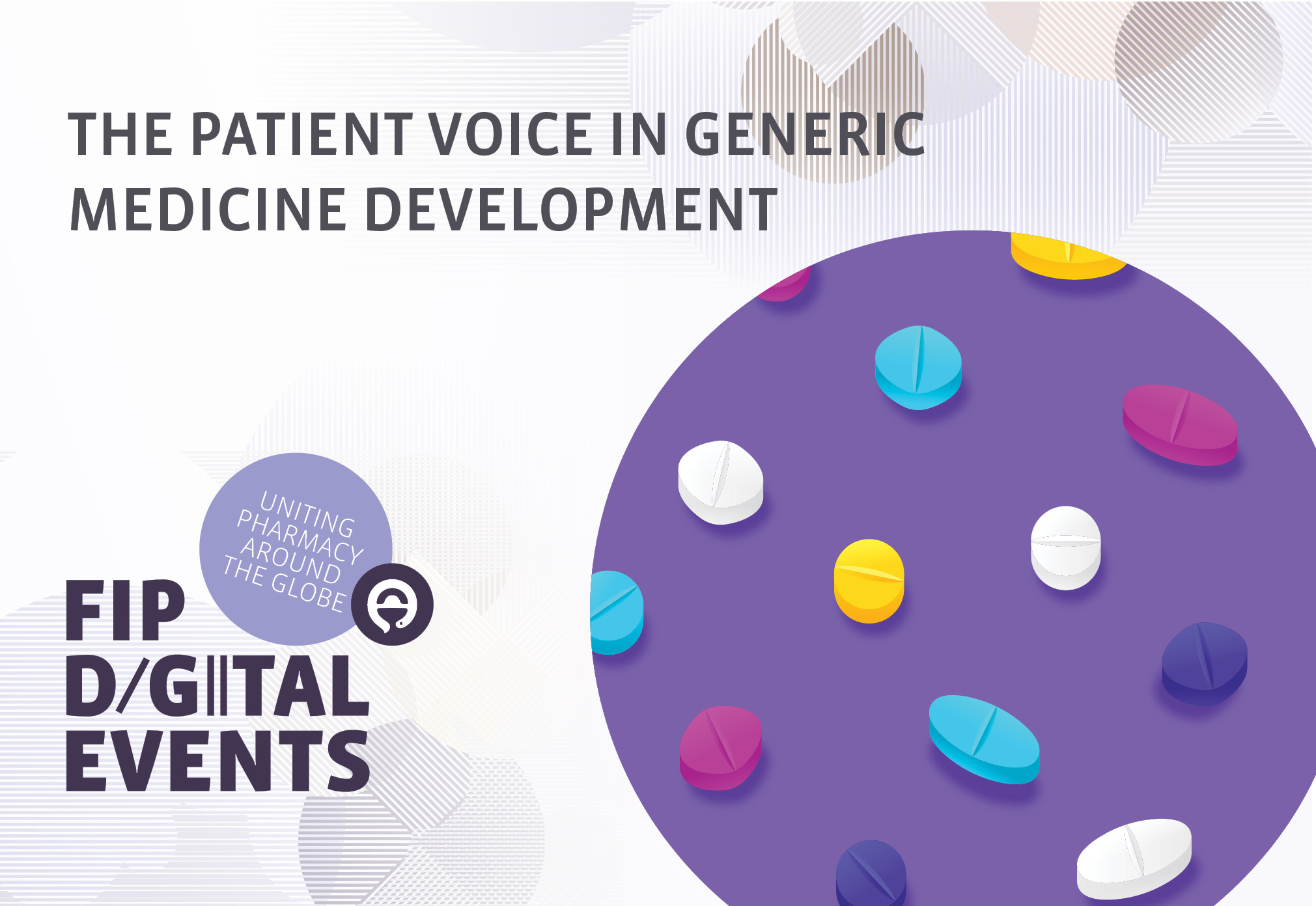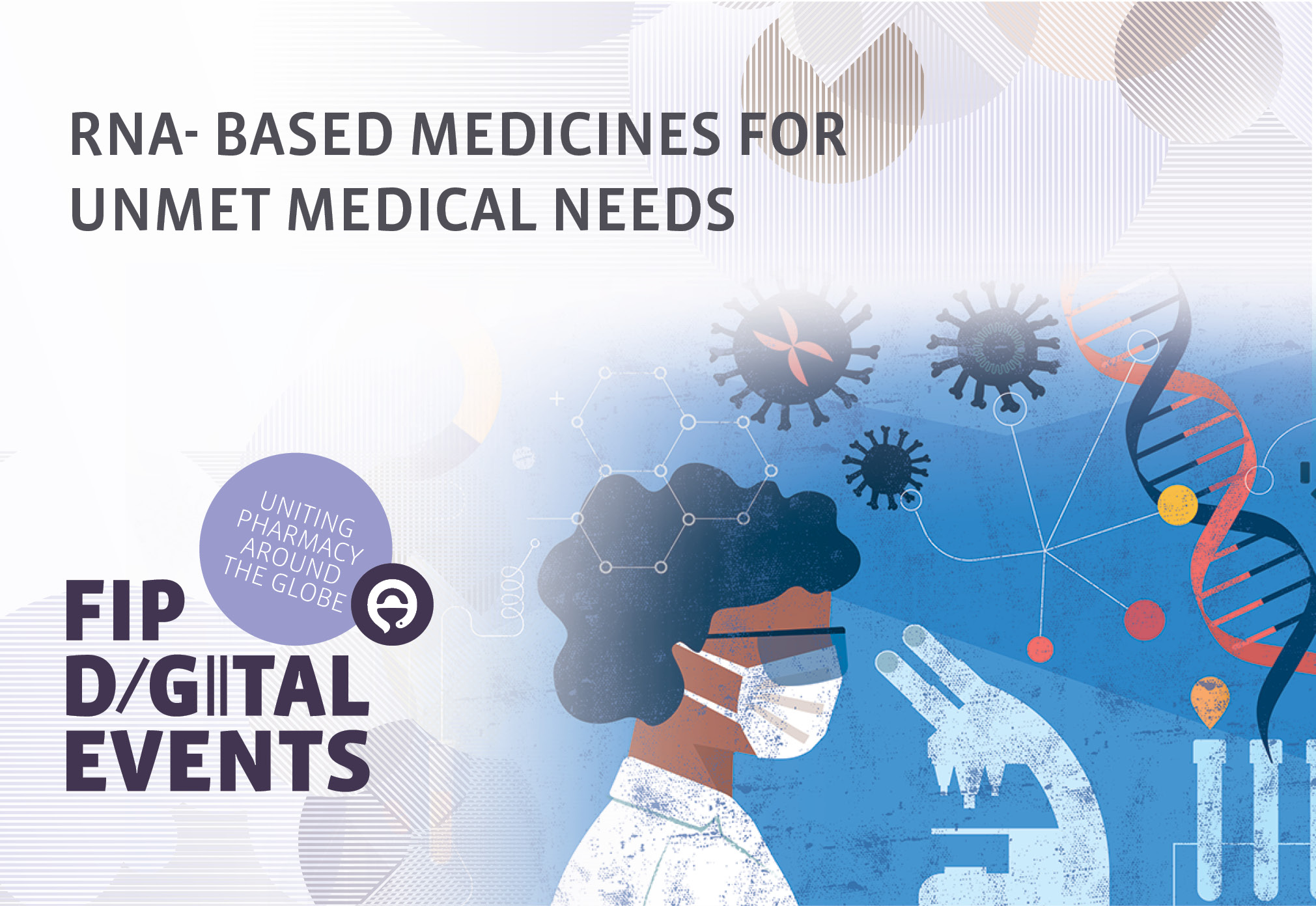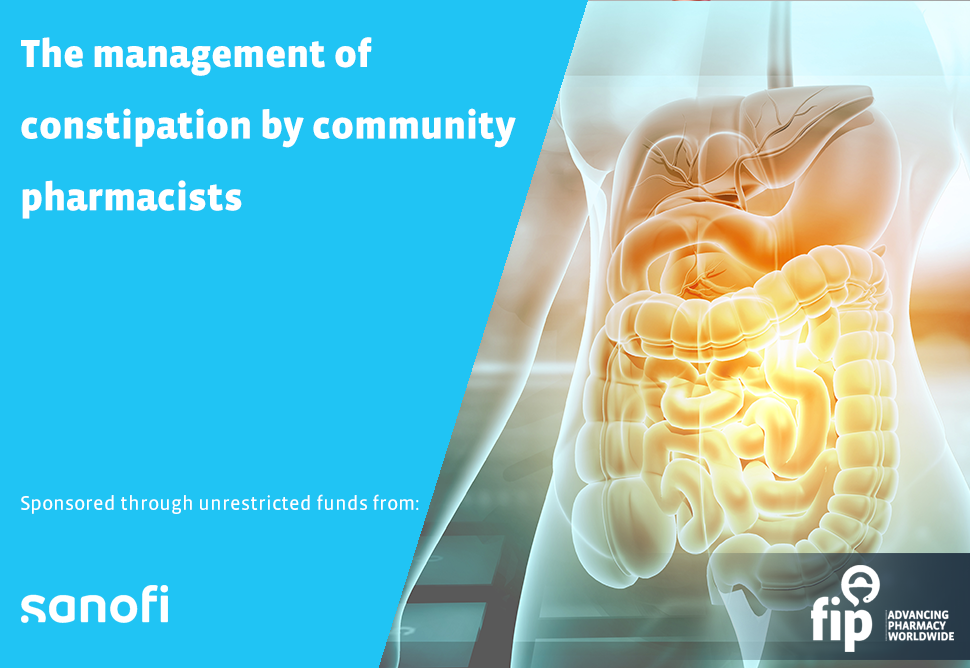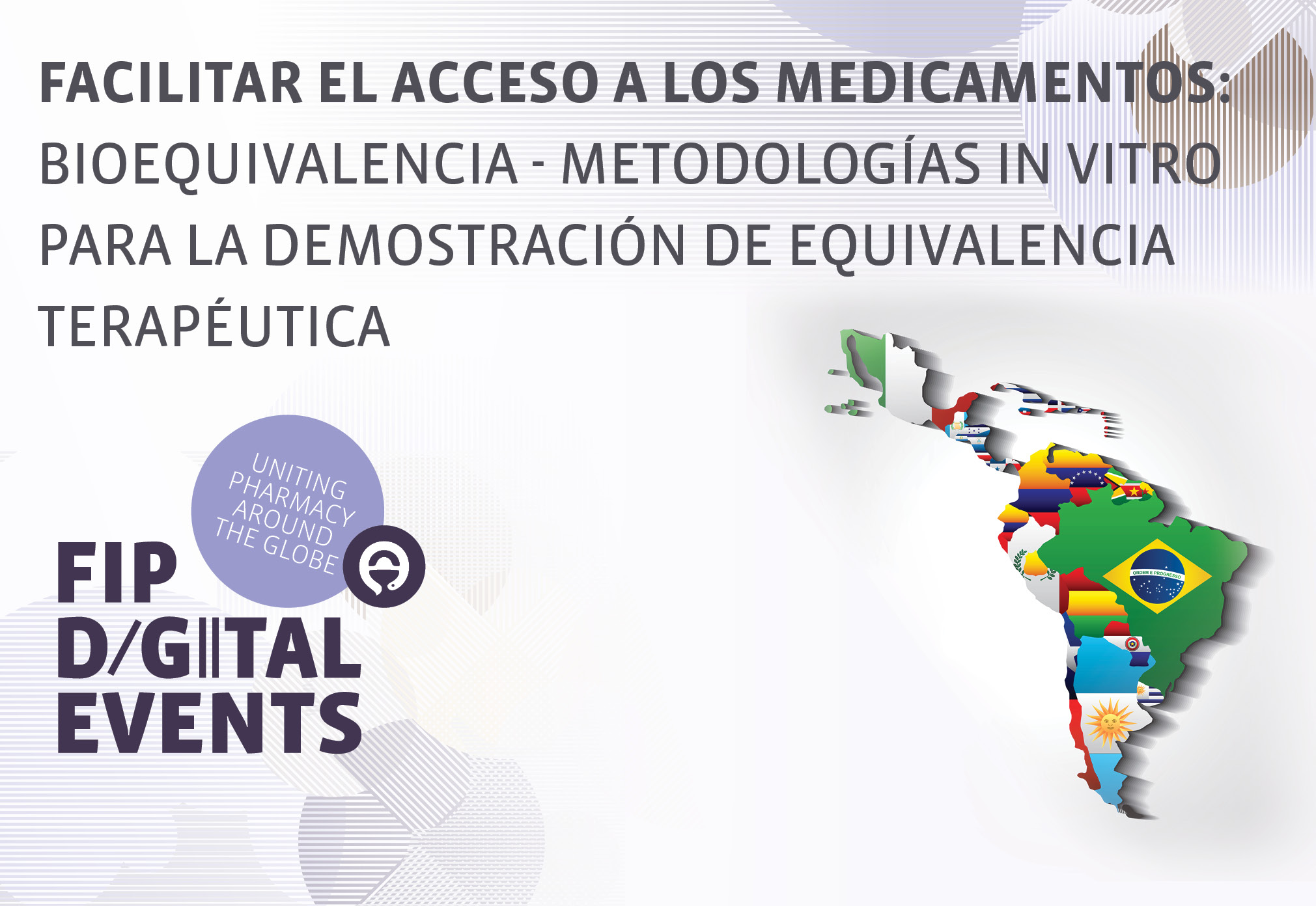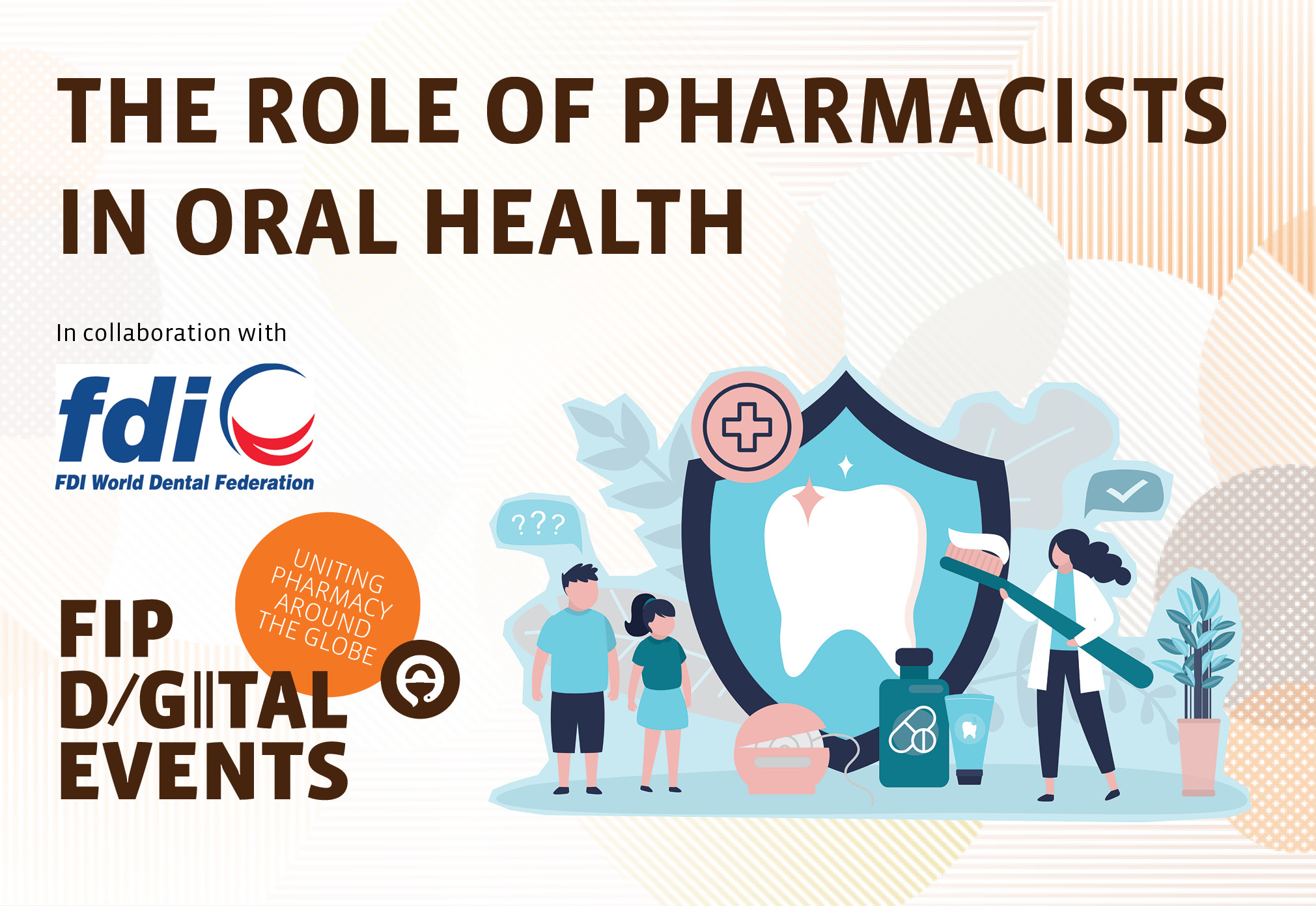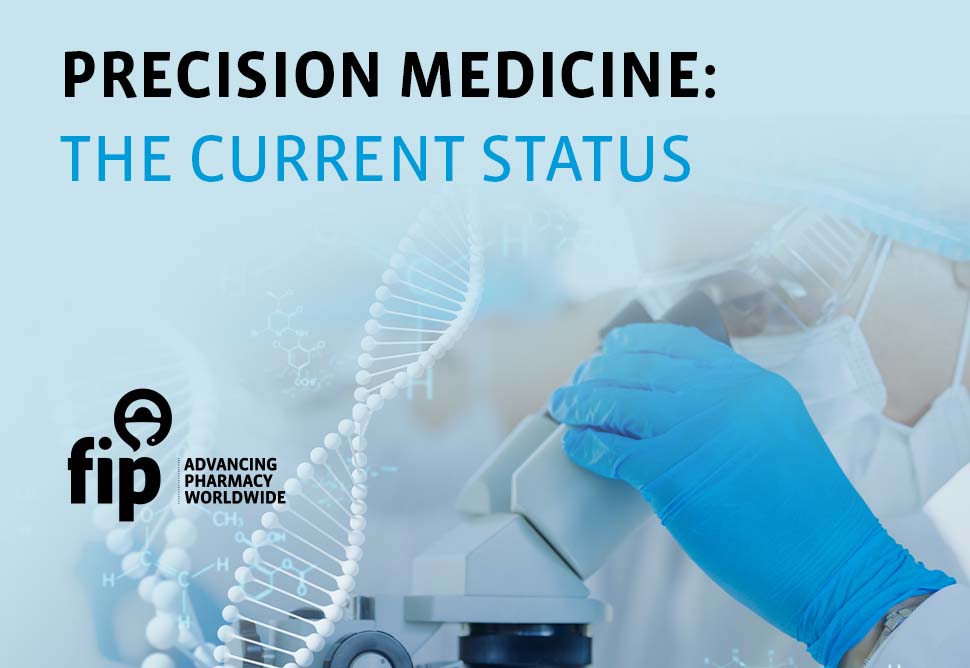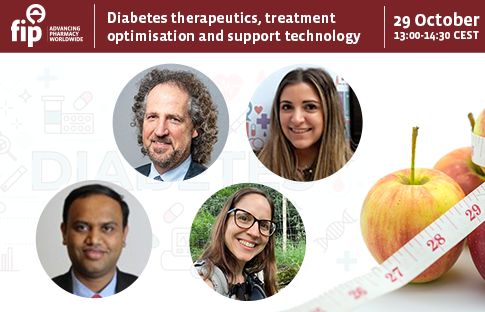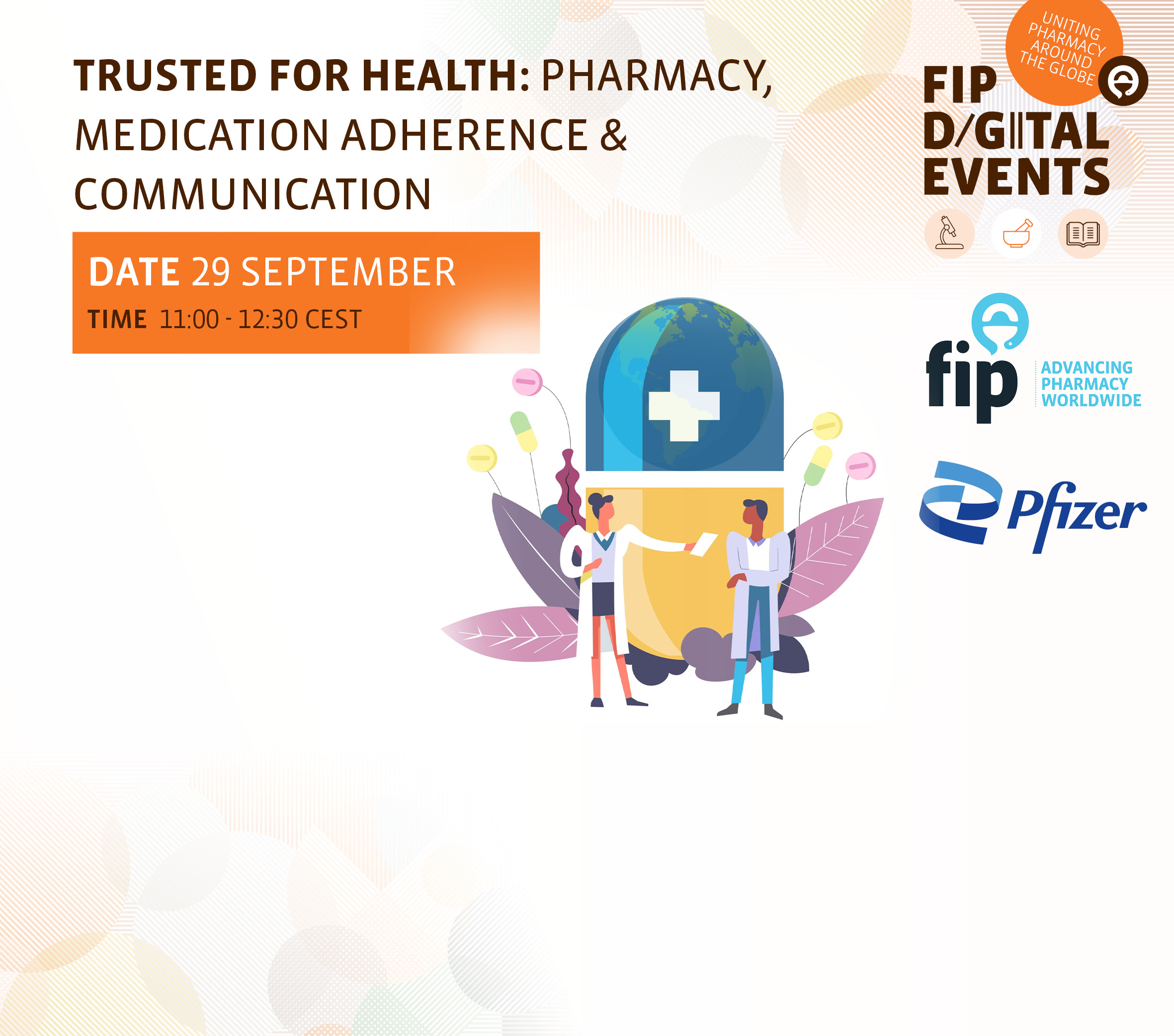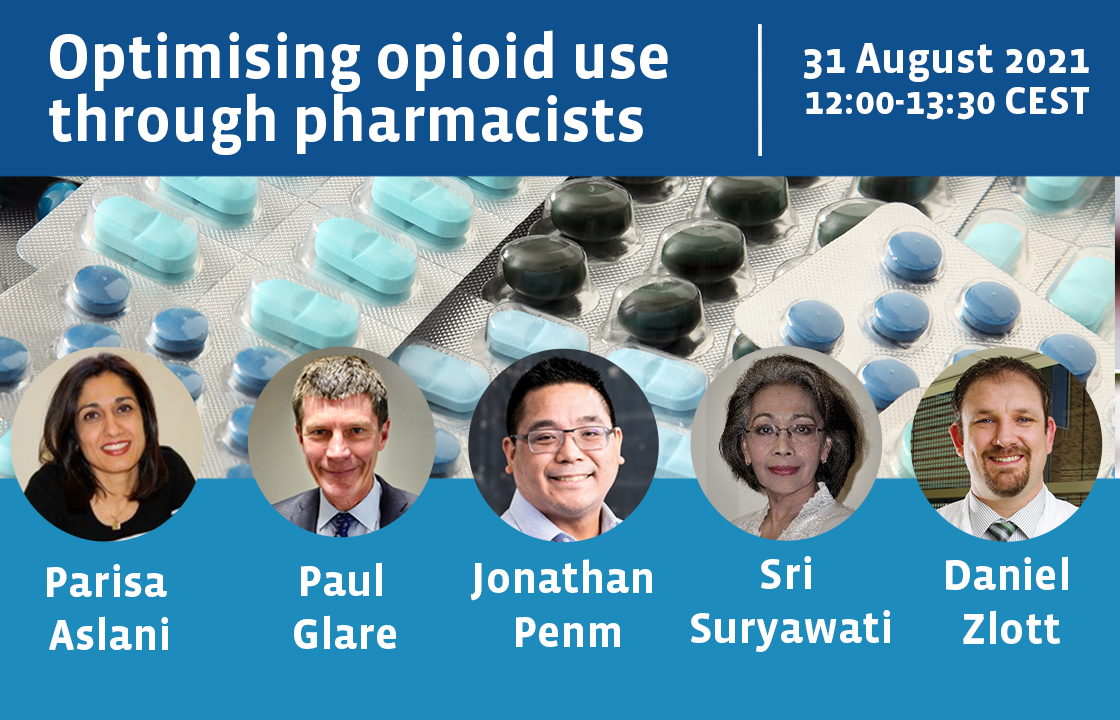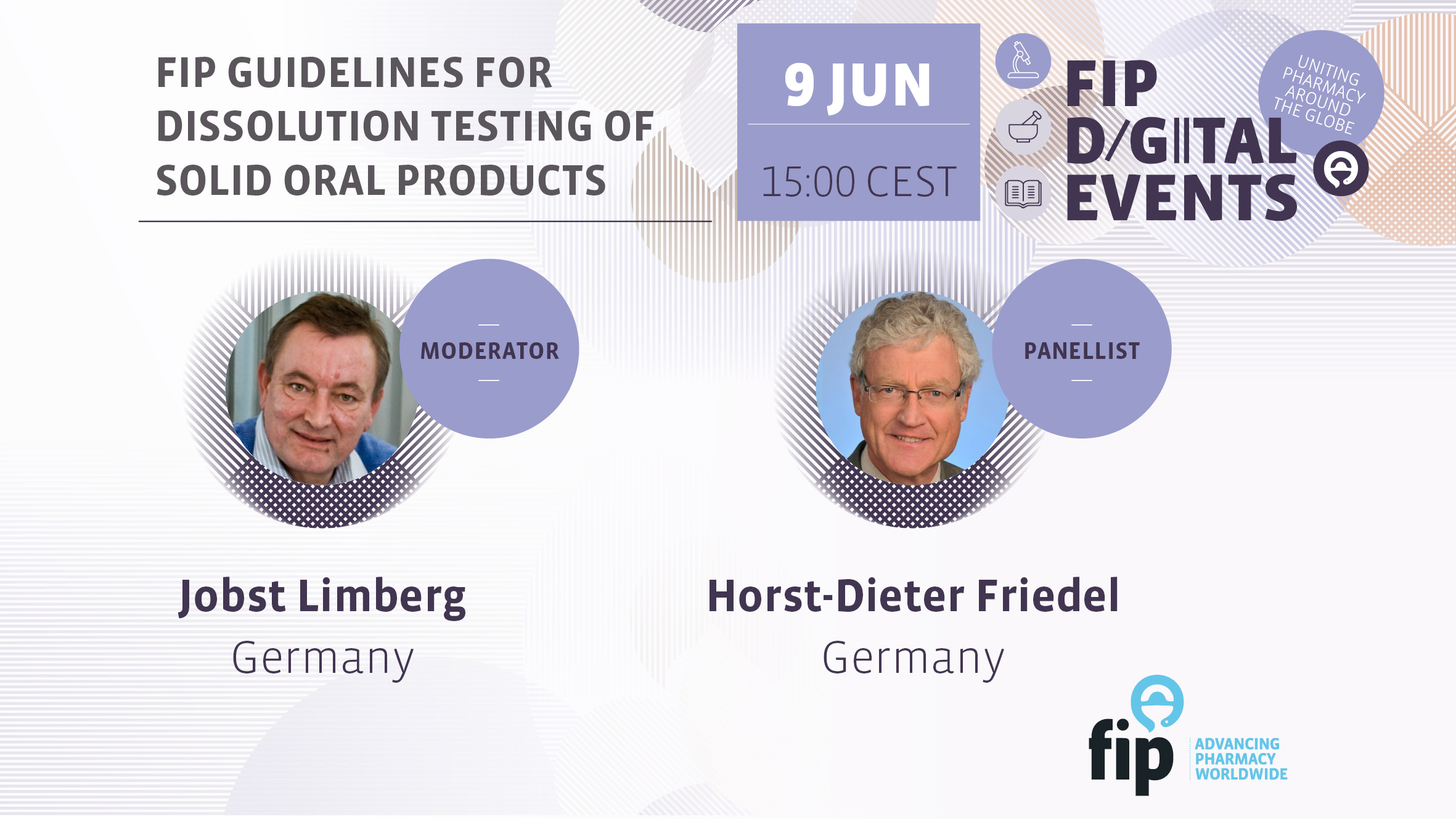Medicines Expertise
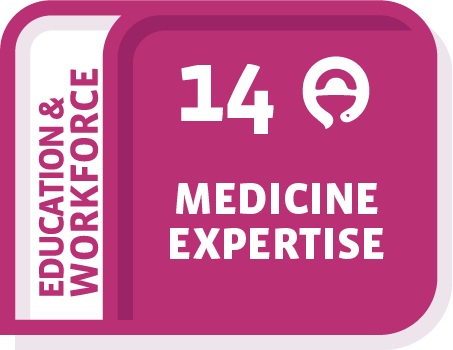
FIP Development Goal 14 Education & Workforce Element
Globally, we will have:
Strategies and systems in place to prepare and train a workforce that can deliver quality medicines expertise.
Mechanisms
- Ensure academic capacity (FIP Development Goal 1 [w]) to deliver education and training to enhance medicines expertise in initial education.
- Incorporate expert information and advice provision skills in early career training strategy (FIP Development Goal 2 [w]) and continuing professional development strategies (FIP Development Goal 9).
- Utilise advanced and specialist development systems and frameworks (FIP Development Goal 4 [w]) to develop medicines expertise as an advanced or specialist area for the workforce, in addition to being embedded within leadership development programmes (FIP Development Goal 6 [w]).
- Incorporate medicines expertise competencies and skills in competency development frameworks for pharmacy (FIP Development Goal 5 [w]).
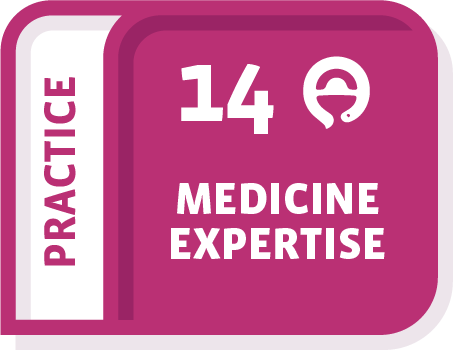
FIP Development Goal 14 Practice Element
Globally, we will have:
Strategies and systems in place on pharmaceutical expert information and advice provision to patients, formal and informal caregivers, health care professionals and relevant agencies and stakeholders.
Mechanisms
- Provide medicines and medical devices expertise and advice to patients, formal and informal caregivers, health care professionals and relevant agencies and stakeholders to inform policymaking, clinical decision-
making and prescribing practices, individual health care options and other medicines or medical devices related decisions. - Empower patients, formal and informal caregivers, and communities by increasing health literacy towards better care and self-care.
- Utilise appropriate communication and counselling pathways and skills to provide quality and appropriate information, taking into considerations cultural and language factors and other specific care needs (e.g. people with functional diversity, migrant and refugee populations, etc).
- Utilise formal resources including formularies and medicines information management systems to convey objective, evidence-based and systematically organised information about medicines and medical devices to support pharmacy practice and service delivery, as well as the practice of other healthcare professionals.
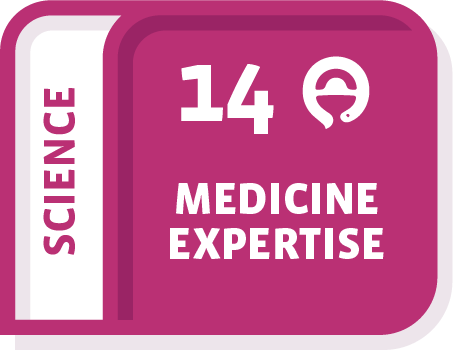
FIP Development Goal 14 Science Element
Globally, we will have:
Encourage provision of science-based information on medicines.
Mechanisms
- Promote responsible use of medicines by mobilising medicines expertise.
- Implement high-value cognitive services to review and optimise medicines use.
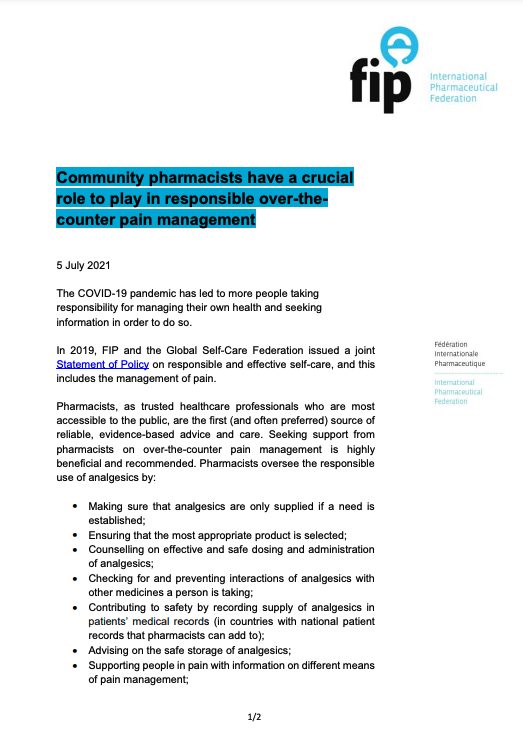
Community pharmacists have a crucial role to play in responsible over-the-counter pain management (2021)
Read Publication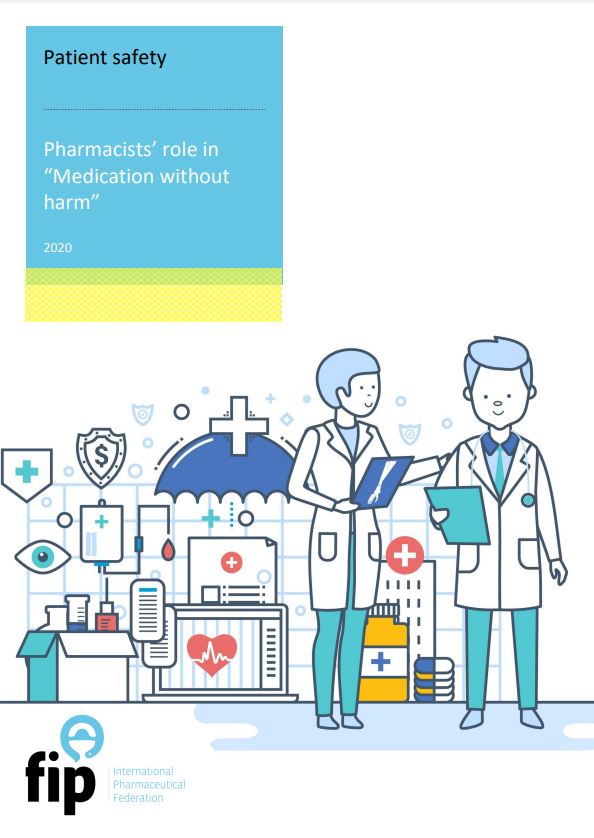
Patient Safety: Pharmacists’ role in “Medication without harm” (2020)
Read Publication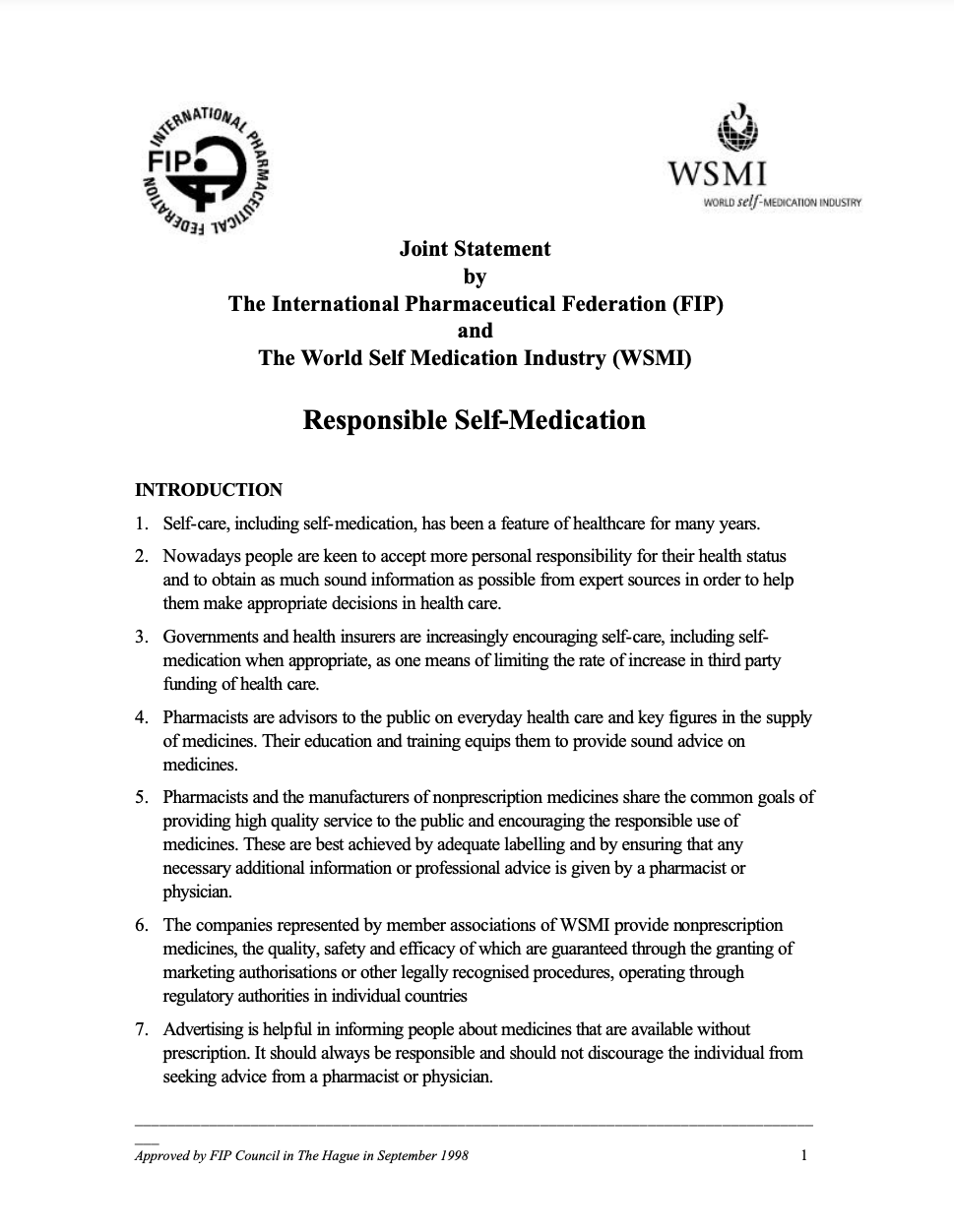
Joint Statement by the International Pharmaceutical Federation (FIP) and The World Self-Medication Industry (WSMI): Responsible Self-Medication (1998)
Read more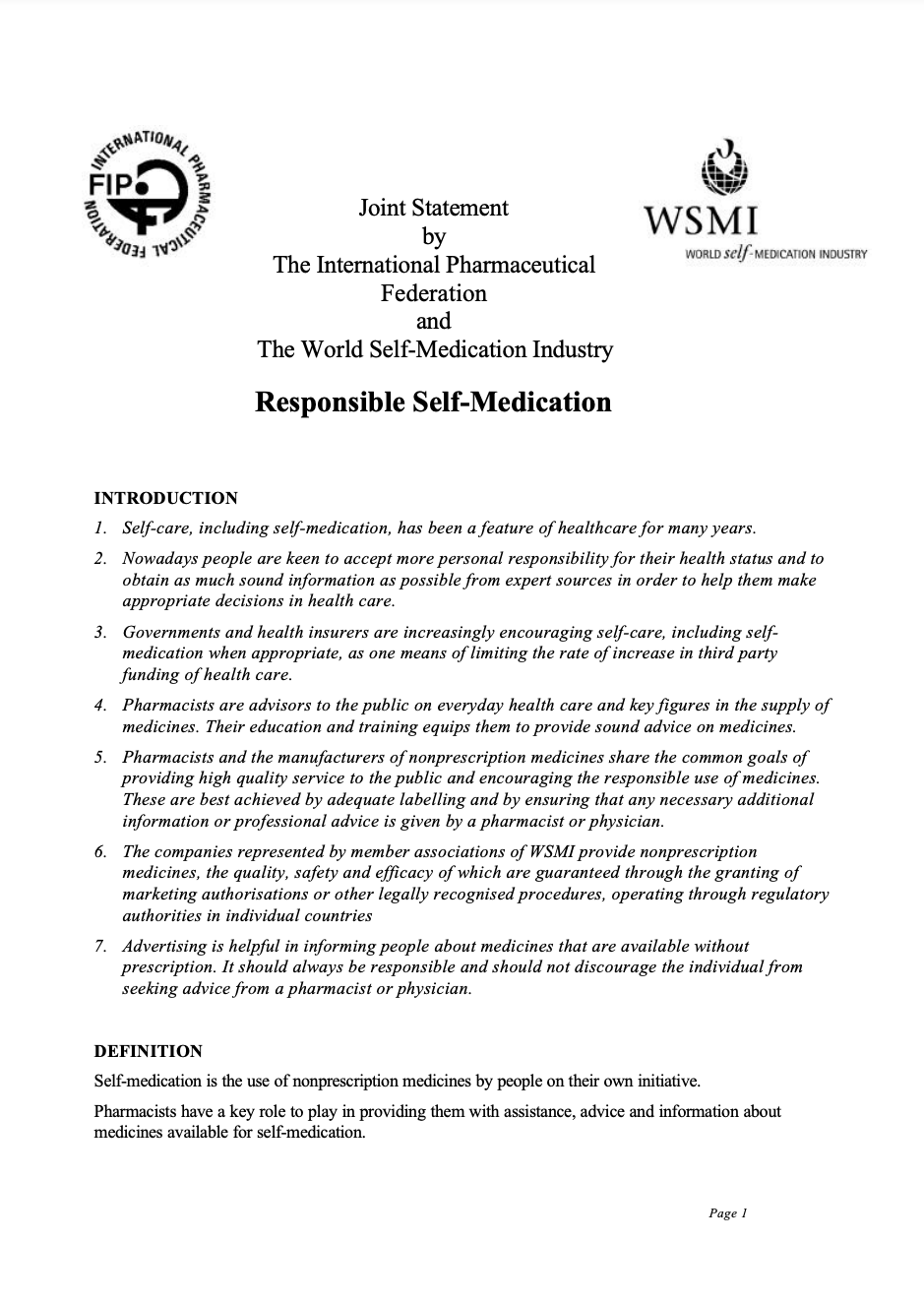
Joint Statement by the International Pharmaceutical Federation (FIP) and The World Self-Medication Industry (WSMI): Responsible Self-Medication (1999)
Read more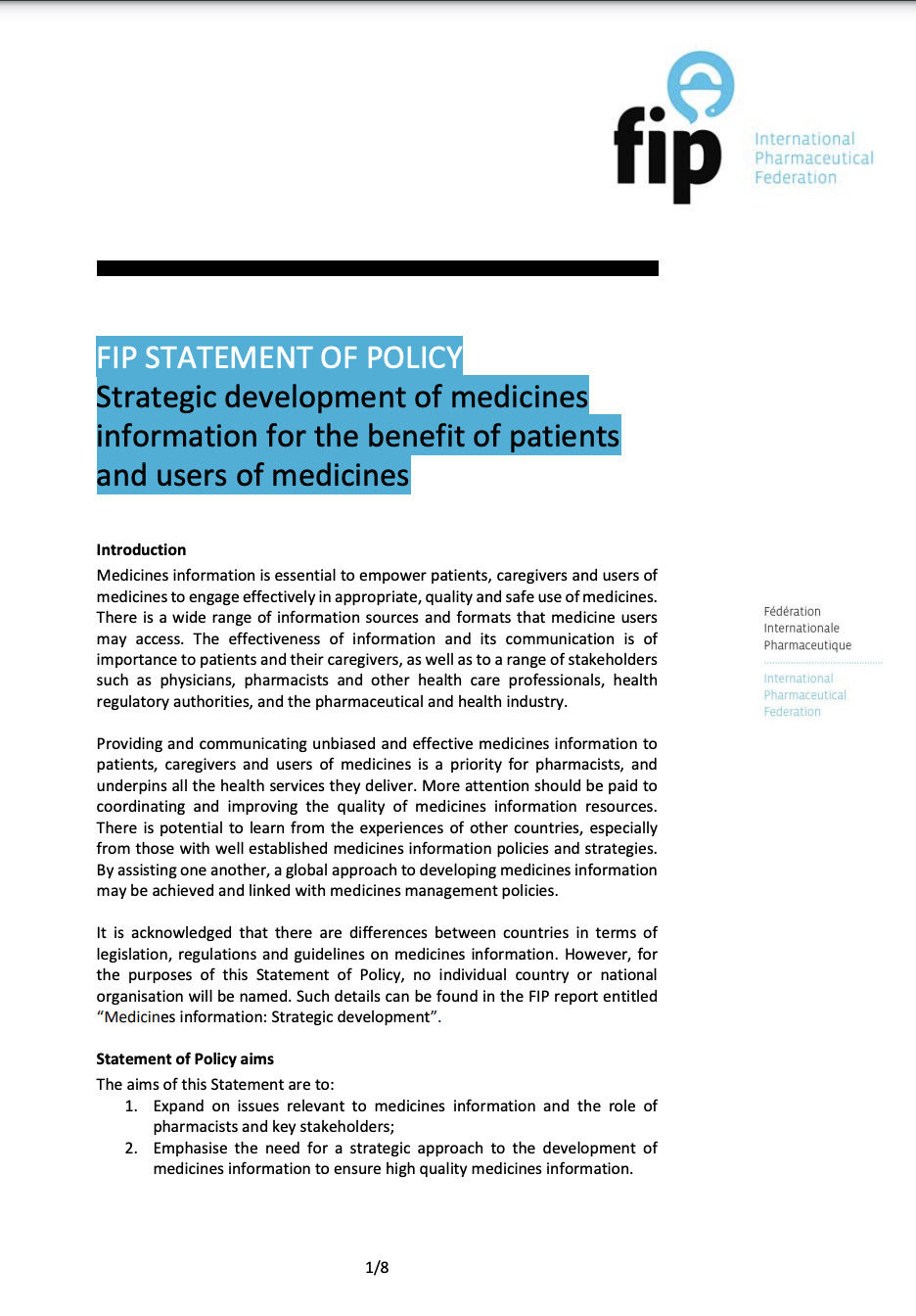
FIP Statement of Policy: Strategic development of medicines information for the benefit of patients and users of medicines (2017)
Read more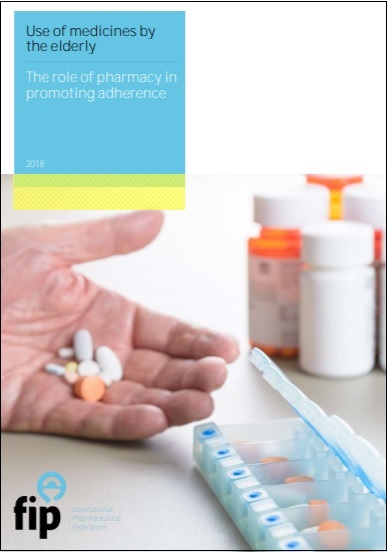
Use of medicines by the elderly: The role of pharmacy in promoting adherence (2018)
Read more
Artificial Intelligence in Drug Development and Clinical Trials

Use of doxycycline for the prevention of bacterial sexually transmitted infections (STIs) (DoxyPEP): Supporting evidence and the challenge of antimicrobial resistance (AMR)

Alcohol consumption and dependence: The role of pharmacists in prevention, support and management

Reframing the role and impact of pharmacy in Chronic Obstructive Pulmonary Disease (COPD) Care

Empowering pharmacists in menopause care: Expanding roles and patient support

Use of heat therapy for the management of musculoskeletal pain in the community pharmacy: New FIP guidance

Empoderar a los farmacéuticos para apoyar la deshabituación tabáquica en la región de las Américas

Empowering pharmacists to support tobacco cessation in the Eastern Mediterranean Region

Empowering pharmacists to support tobacco cessation in Western Pacific Region

Leveraging pharmacists for tobacco cessation: New policy tools, evidence, and success stories

How can pharmacists support patients with co-morbidities in preventing fatty liver disease?

How can pharmacists support individuals living with fatty liver disease?
In this second episode of FIP’s CPD bite series on self-care approaches for fatty liver disease management explores how pharmacists can support a holistic approach to the care of patients with fatty liver disease.
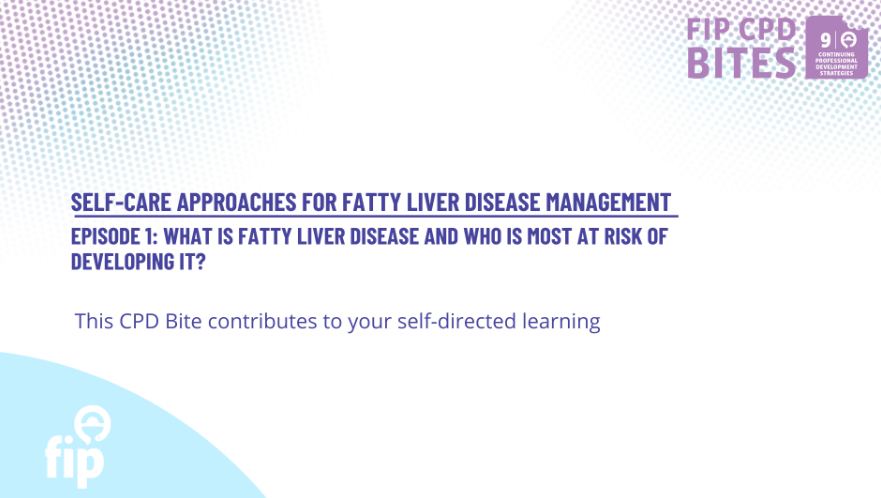
What is fatty liver disease and who is most at risk of developing it? (available in Polish and Romanian subtitles)
In this first episode of this FIP CPD bite series on self-care approaches for fatty liver disease management shares an overview of the epidemiology of fatty liver disease, its pathophysiology, its global burden, and the main risk groups and risk factors.
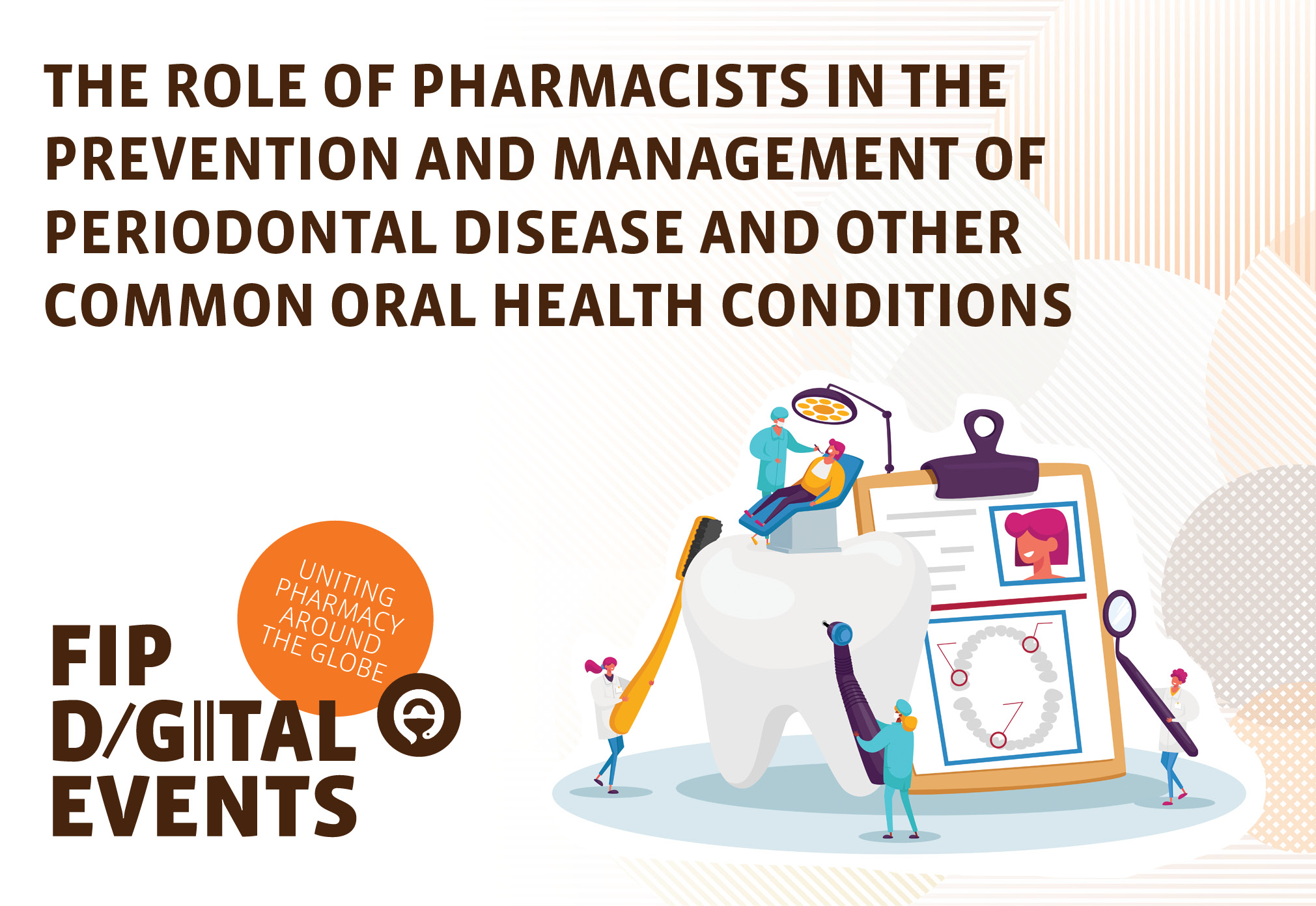
The role of pharmacists in the prevention and management of periodontal disease and other common oral health conditions
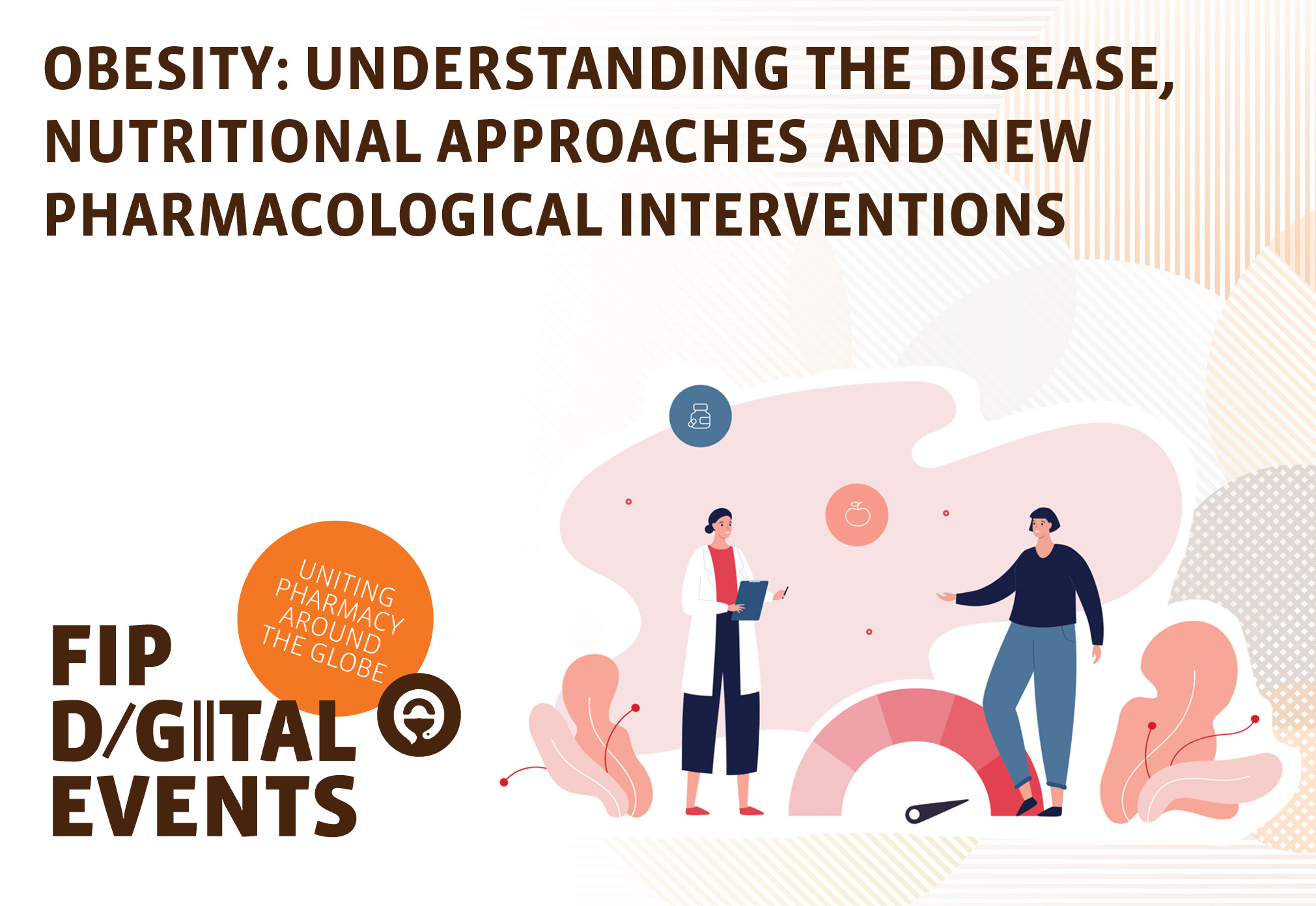
Obesity: understanding the disease, nutritional approaches and new pharmacological interventions
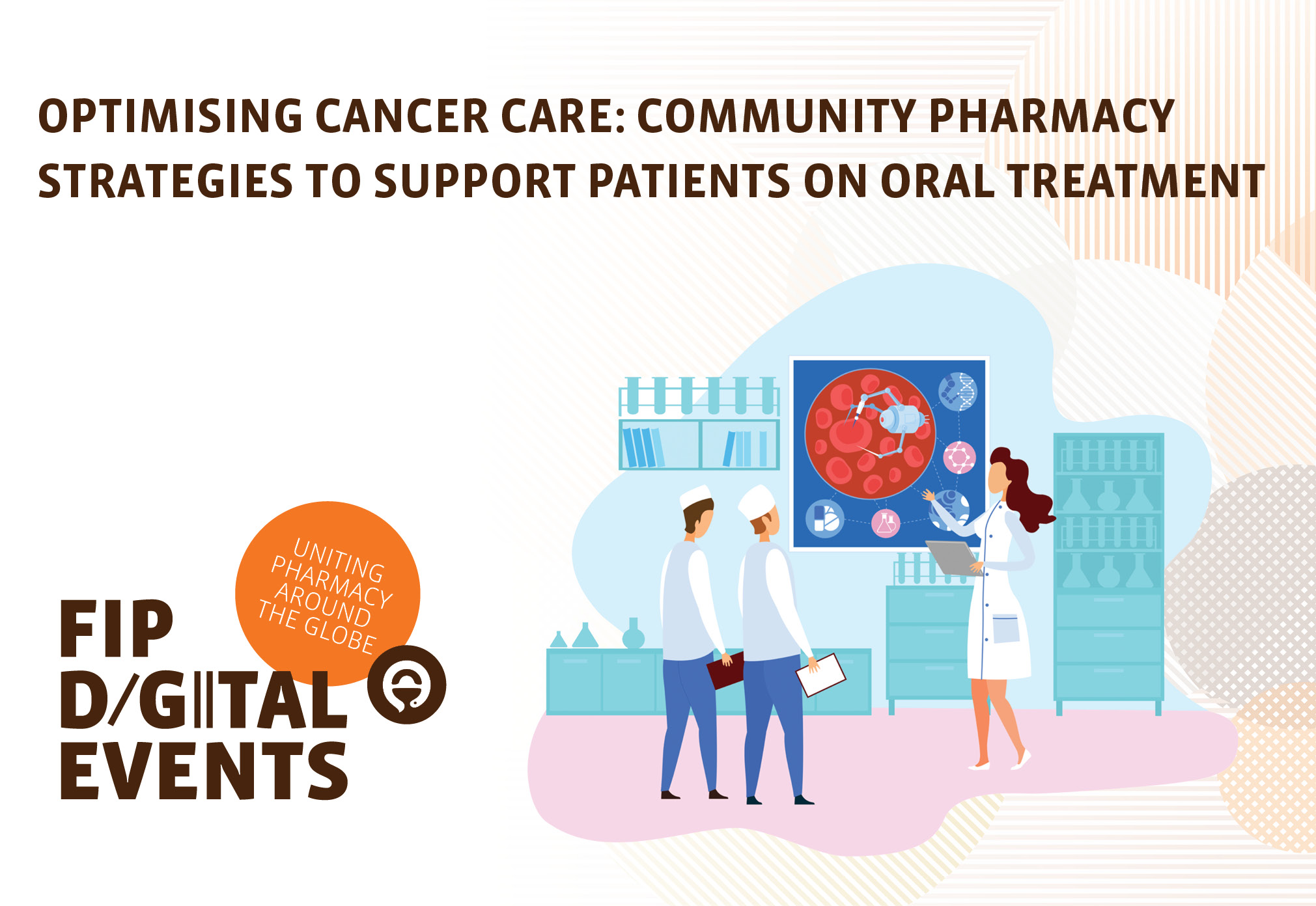
Optimising cancer care: community pharmacy strategies to support patients on oral treatment
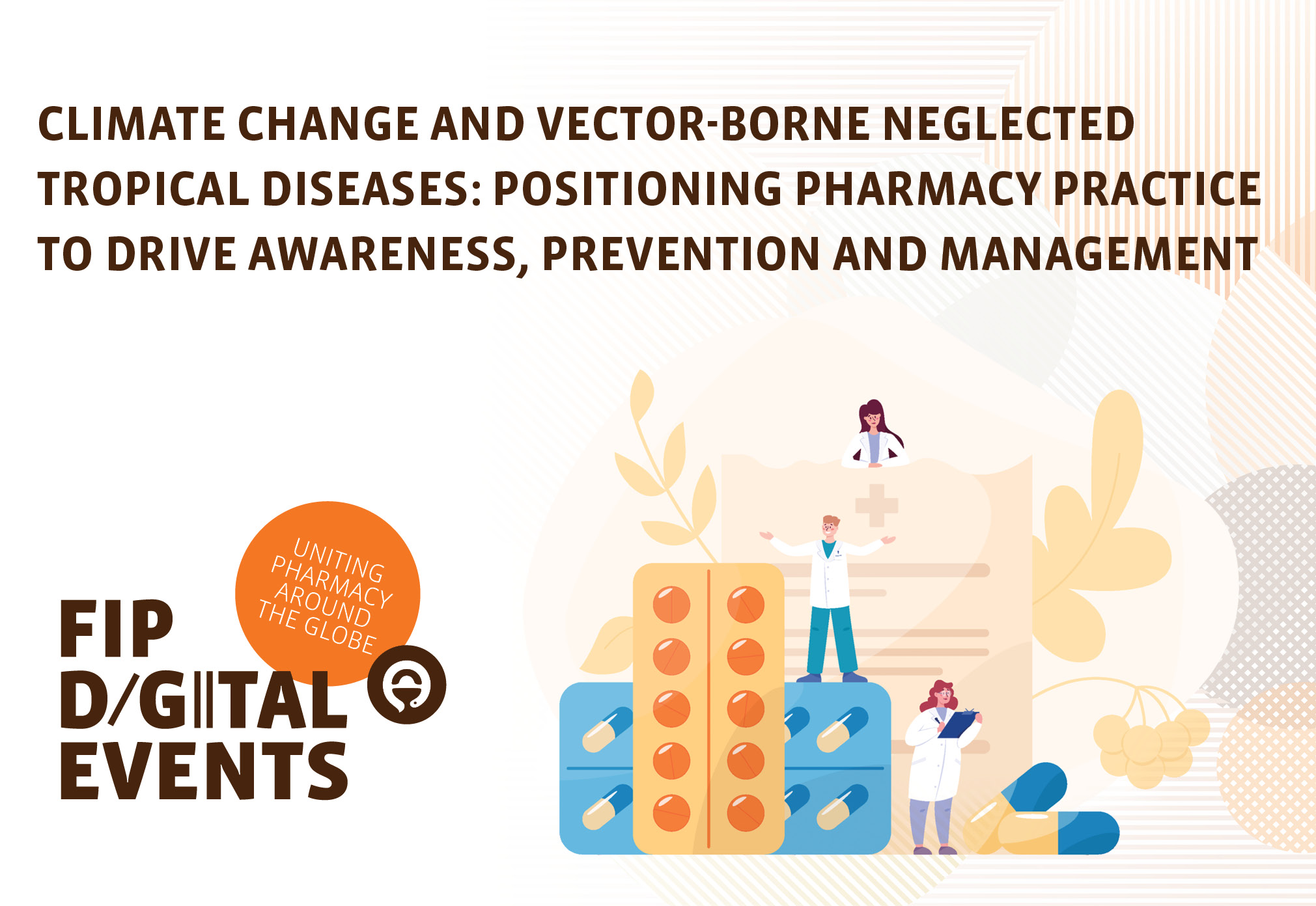
Climate change and vector-borne neglected tropical diseases: Positioning pharmacy practice to drive awareness, prevention and management
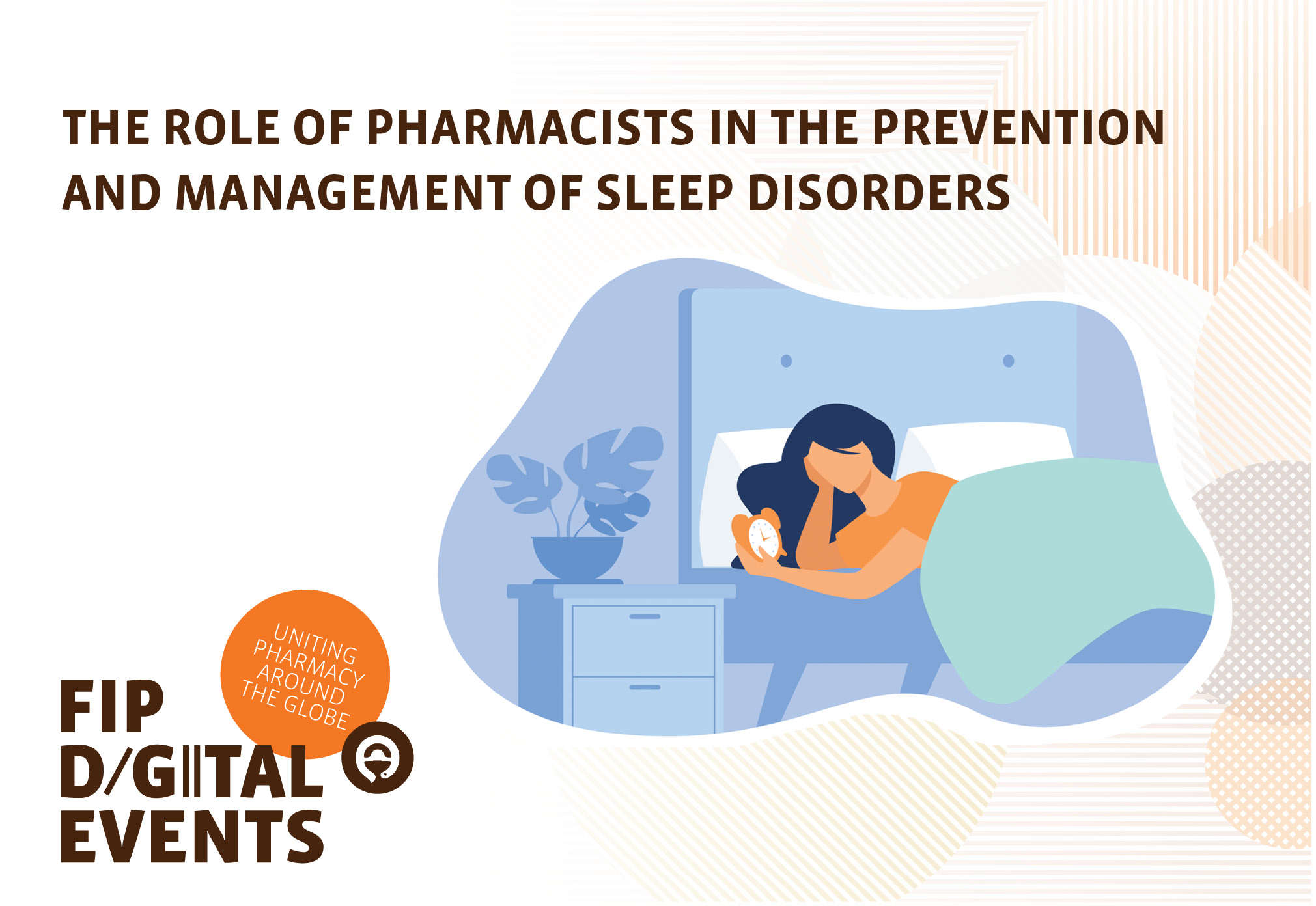
The role of pharmacists in the prevention and management of sleep disorders
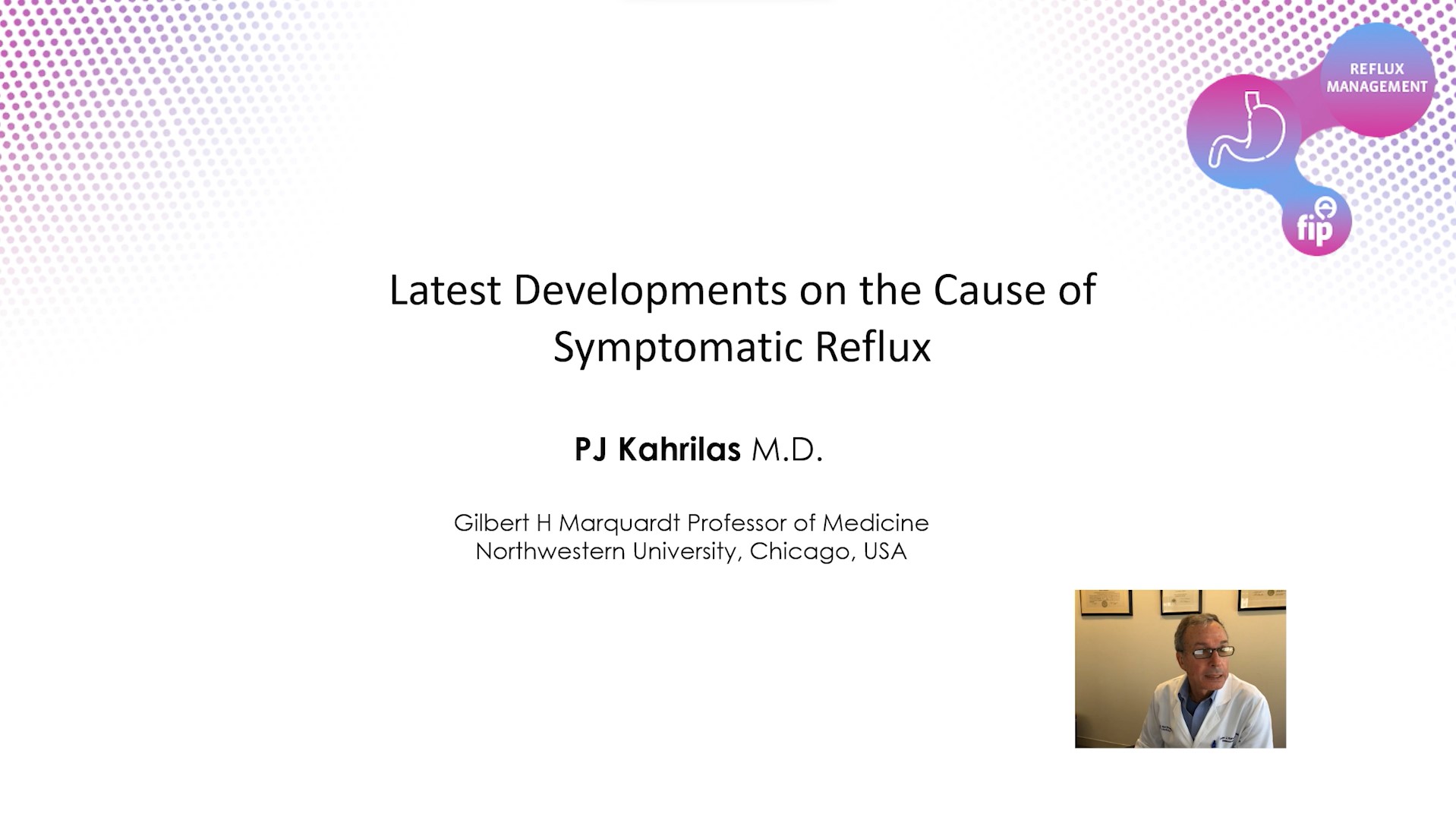
Latest developments on the causes of symptomatic reflux
This video discusses the pharmacological options for managing reflux. You will learn about the different types of medicines, their mechanisms of action, and some advantages and disadvantages of the traditional approaches to these symptoms.

Symptoms of gastro-oesophageal reflux disease
This video explores the treatment options for reflux, including lifestyle changes, dietary modifications, and the use of non-prescription medicines. It shows some considerations that can be useful when approaching patients with reflux symptoms
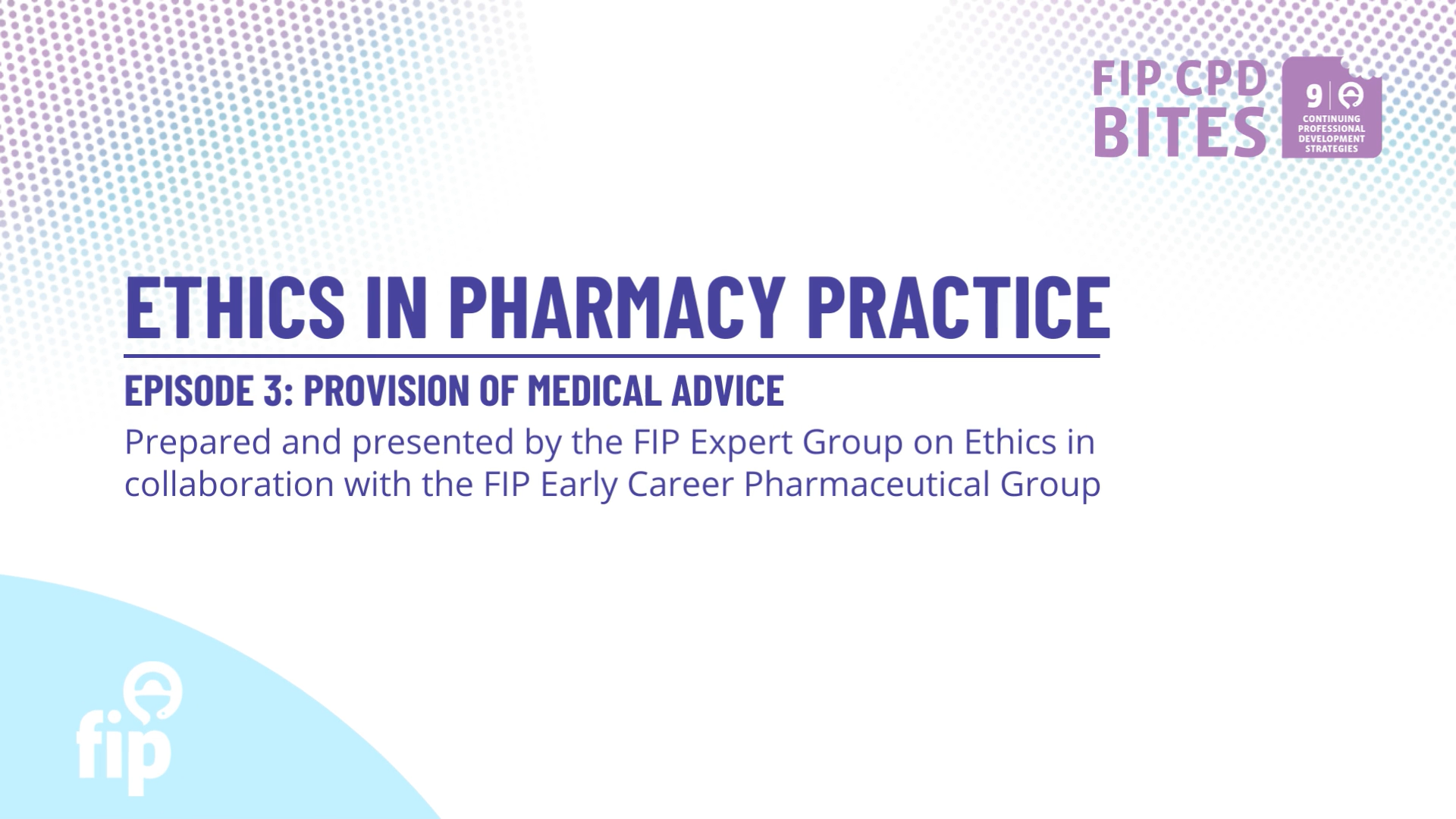
Provision of medical advice
This episode focuses on the provision of medical advice and the ethical dilemmas that pharmacists can face

Non-pharmacological treatment approaches
This video focuses on non-pharmacological approaches to sore throat management and presents some tips for pharmacists to support self-care in this area.

Pharmacological treatment approaches
This video summarises the main pharmacological treatment approaches for sore throat, focusing on an overview of the different preparations pharmacists can recommend when advising on sore throat management
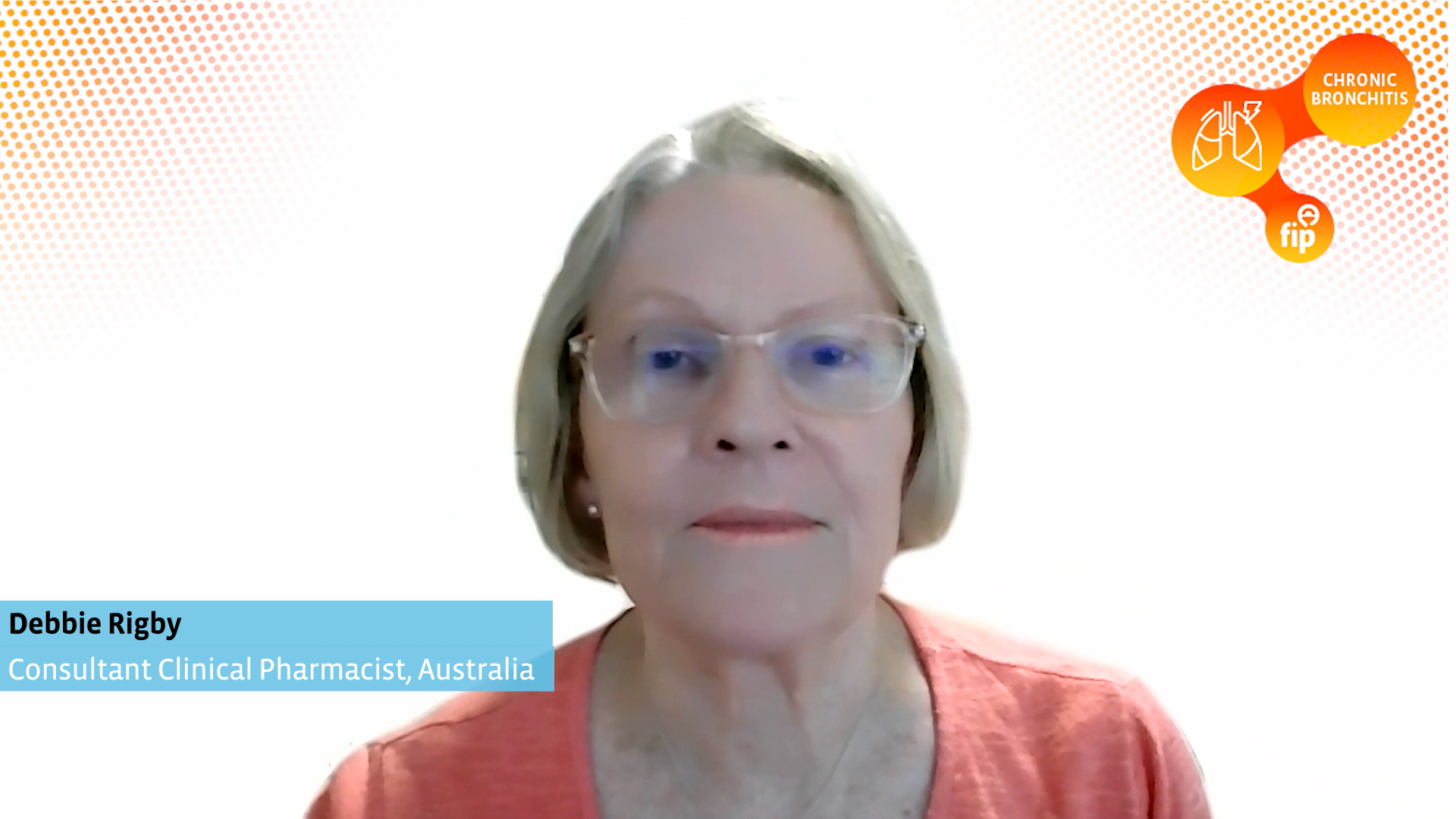
Pharmacological approaches and treatments for chronic bronchitis
In this video you may learn about pharmacological approaches and treatments for chronic bronchitis
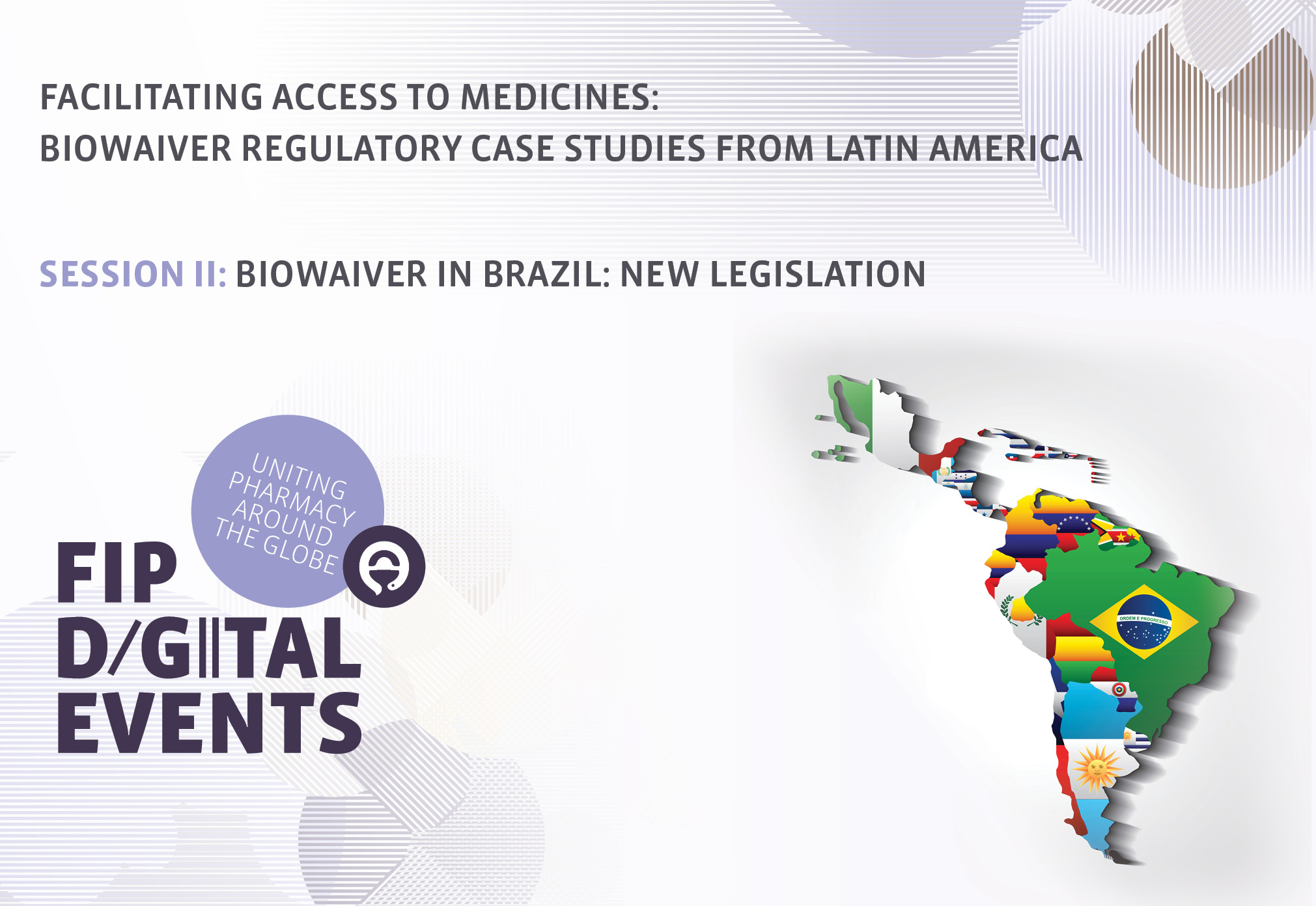
Facilitating access to medicines: Biowaiver regulatory case studies from Latin America
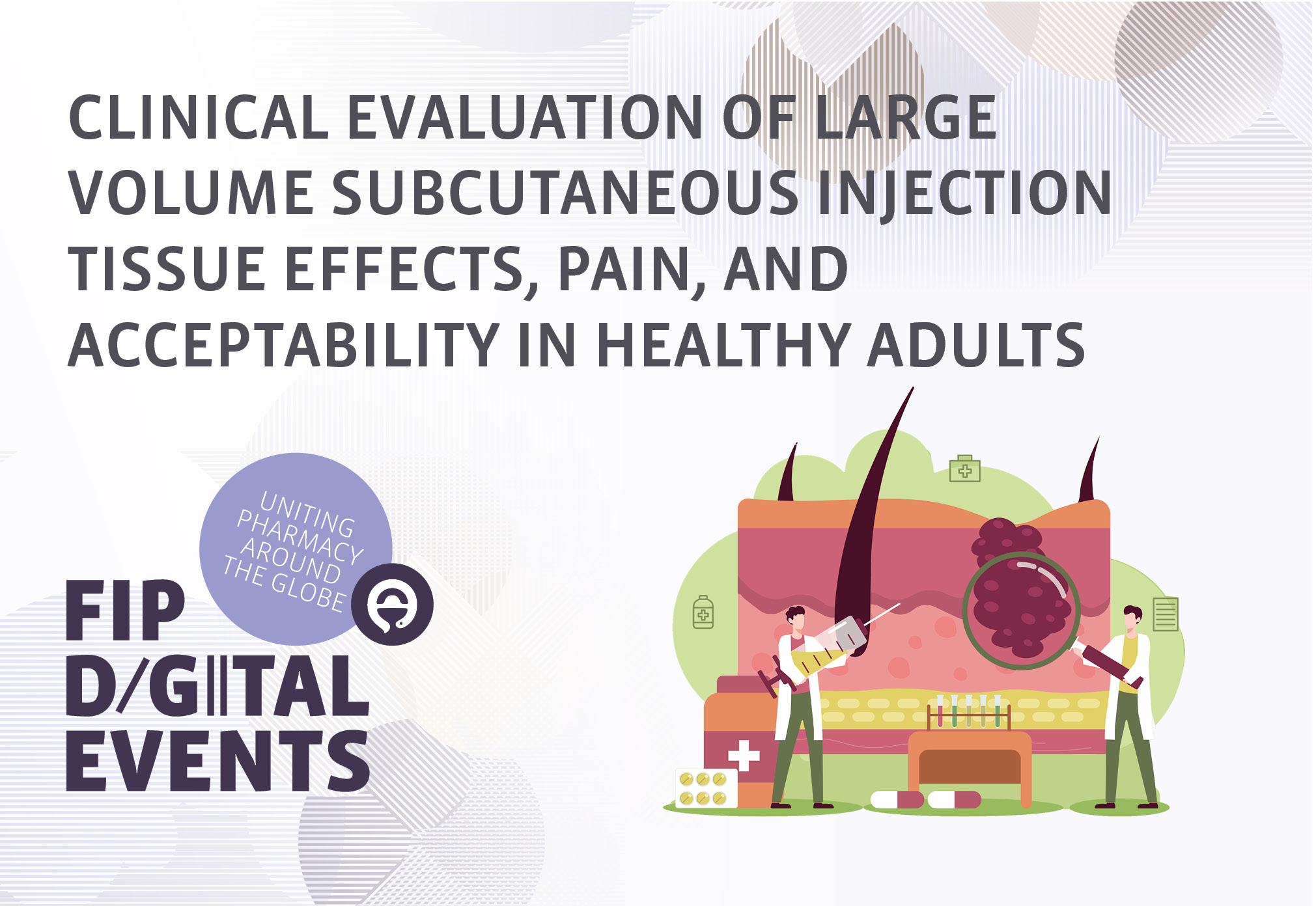
Clinical evaluation of large volume subcutaneous injection tissue effects, pain, and acceptability in healthy adults
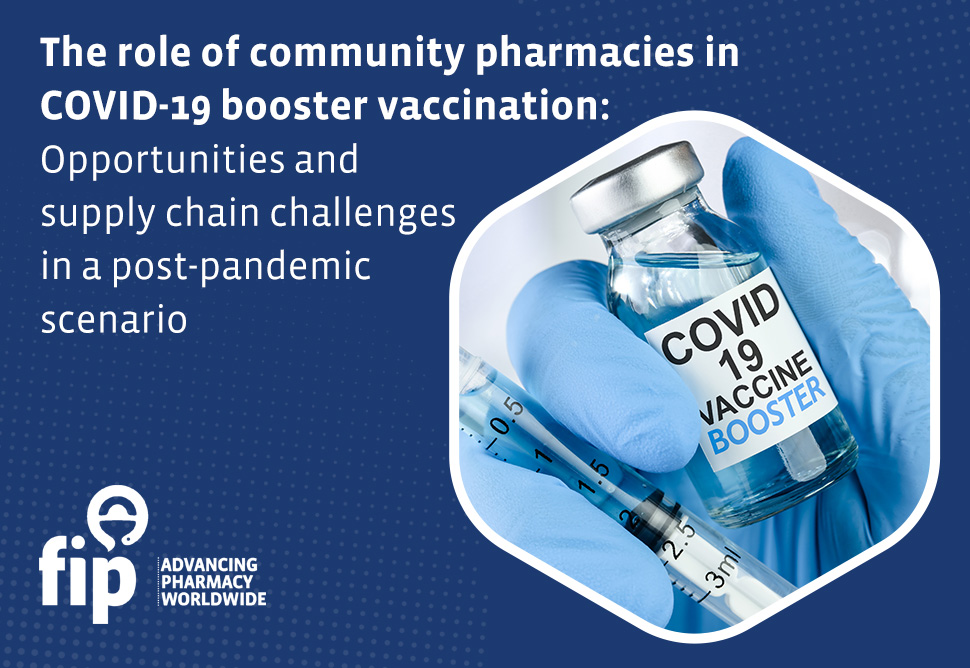
The role of community pharmacies in COVID-19 booster vaccination: Opportunities and supply chain challenges in a post-pandemic scenario

In Vitro In Vivo (IVIV) Correlations: Establishing a correlation between in vitro tests and in vivo product performance
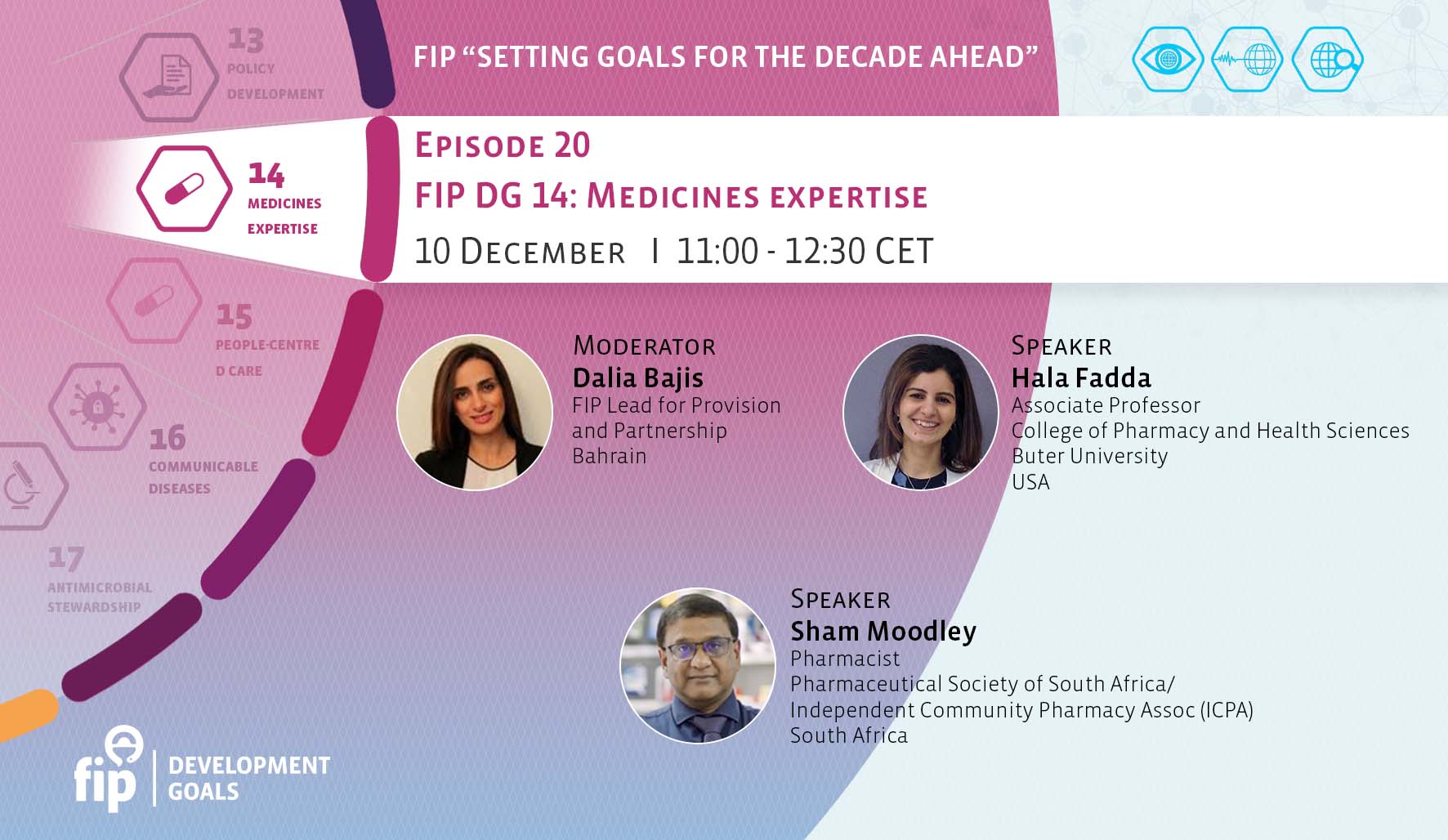
FIP “Setting goals for the decade ahead” | Episode 20 | FIP DG 14: Medicines expertise
Transforming pharmacy practice for improved care and management of diabetes
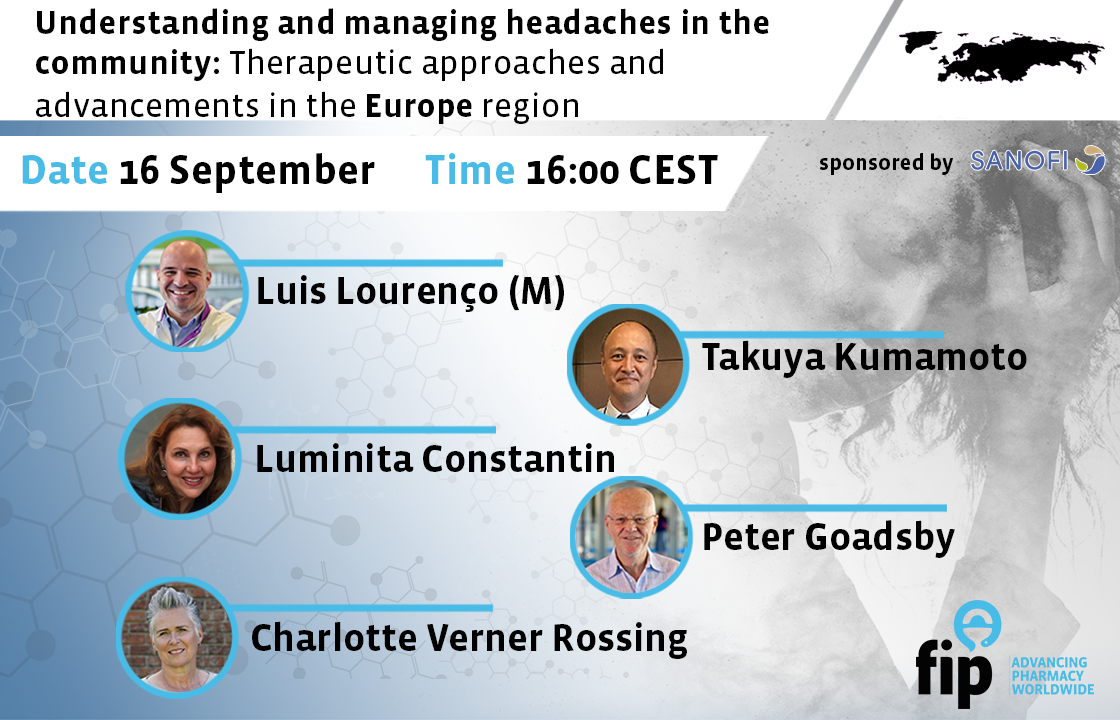
Understanding and managing headaches in the community: Therapeutic approaches and advancements in the Europe region
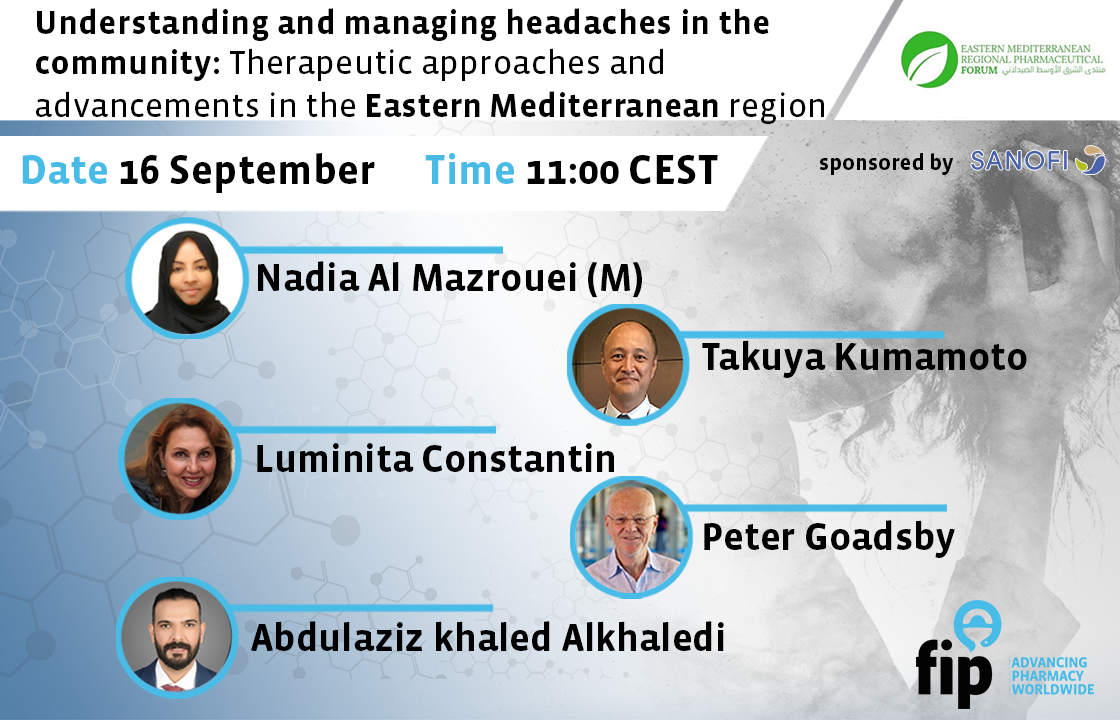
Understanding and managing headaches in the community: Therapeutic approaches and advancements in the Eastern Mediterranean Region

Understanding and managing headaches in the community: Therapeutic approaches and advancements in the Southeast Asia region

Manufacturing Classification System for oral solid dosage forms: Good in theory and in practice

Manufacturing Classification System for oral solid dosage forms: Good in Theory and in Practice

The pharmacy practice research journey – Moving from your research idea to publication

The pharmacy practice research journey – Moving from your research idea to publication

American Association of Pharmaceutical Scientists annual meeting
Annual meeting

EUFEPS annual meeting
EUFEPS is proud and happy to announce the 2019 Annual Meeting to be held in Frankfurt, Germany between March 6 - 8, 2019
Shelf life and compounding: rationale and safe measures to mitigate drug shortages
Bob DeChristoforo, USA, Session A2, FIP congress Bangkok 2014The following FIP programmes of work and structures support the implementation of this Goal:
